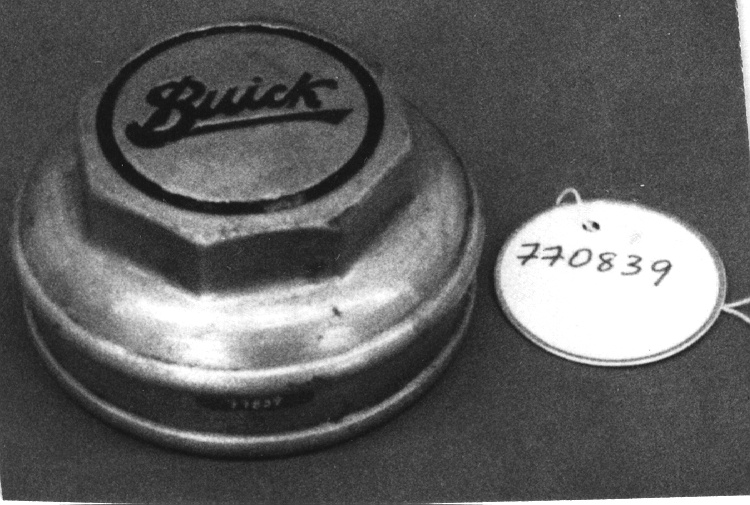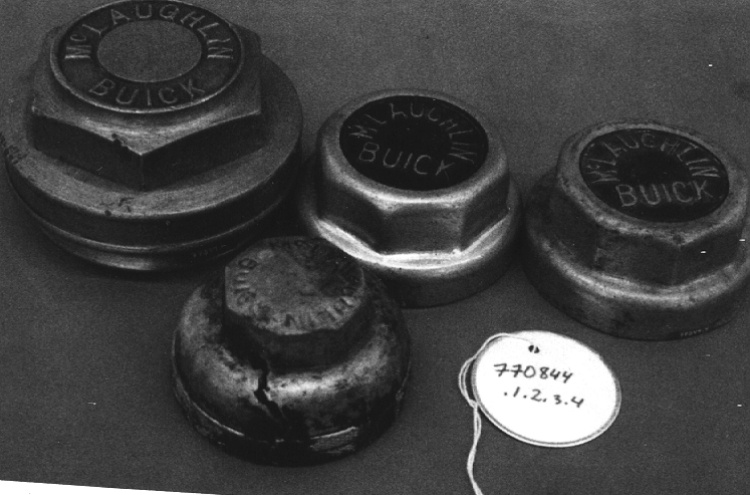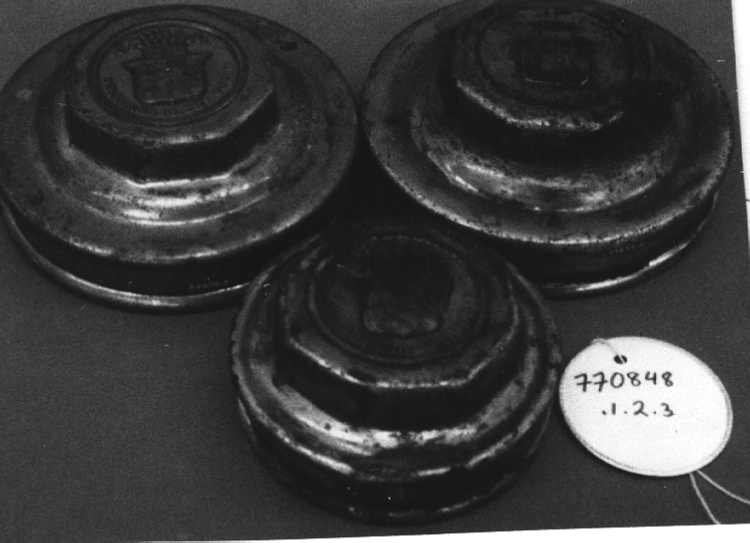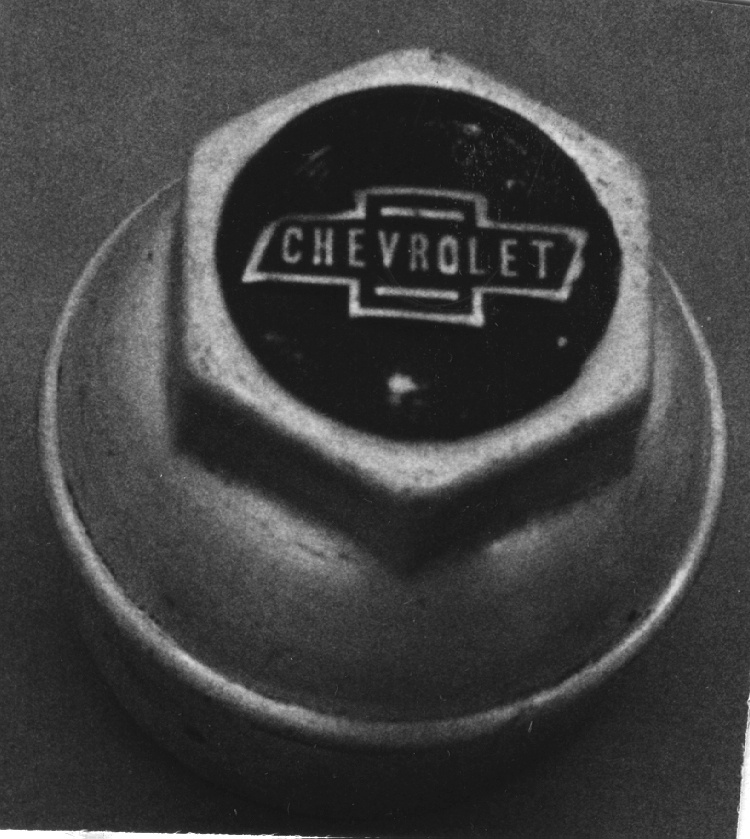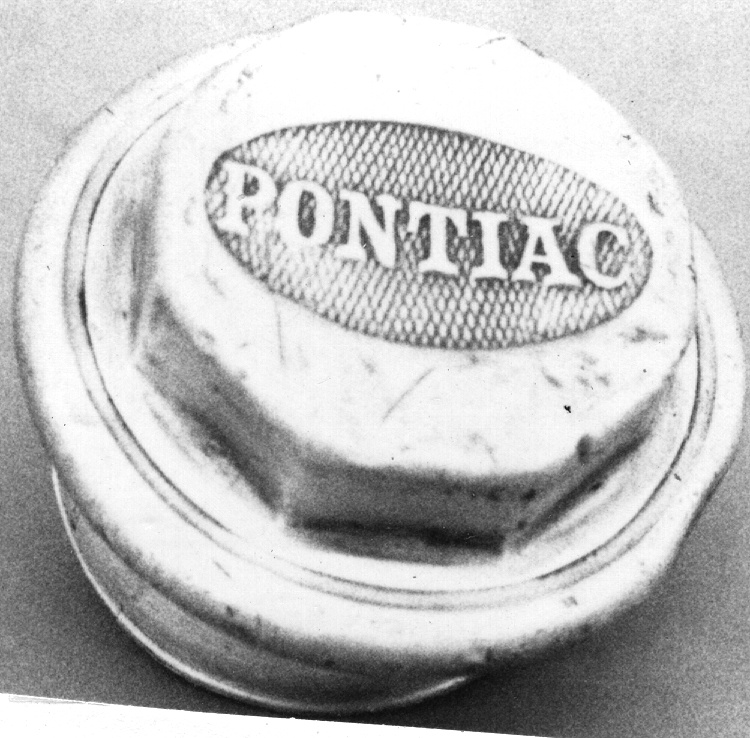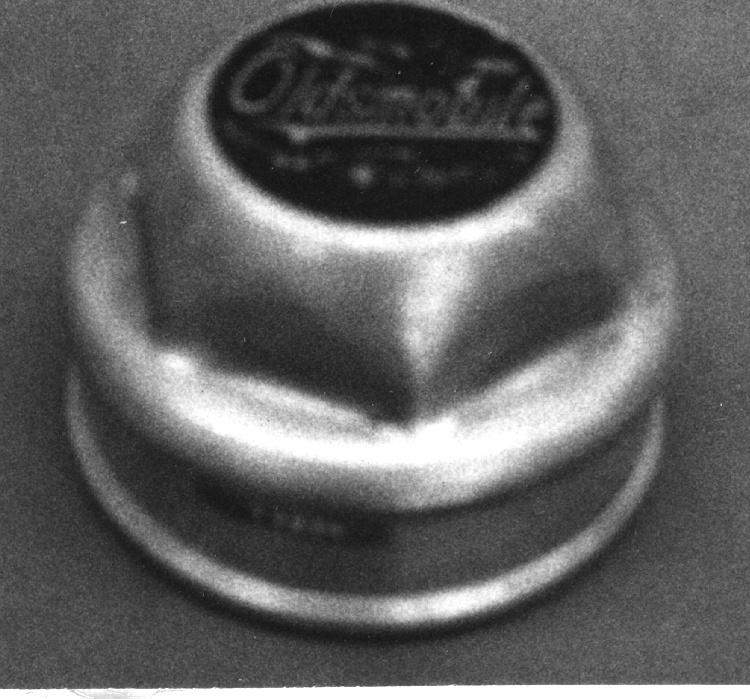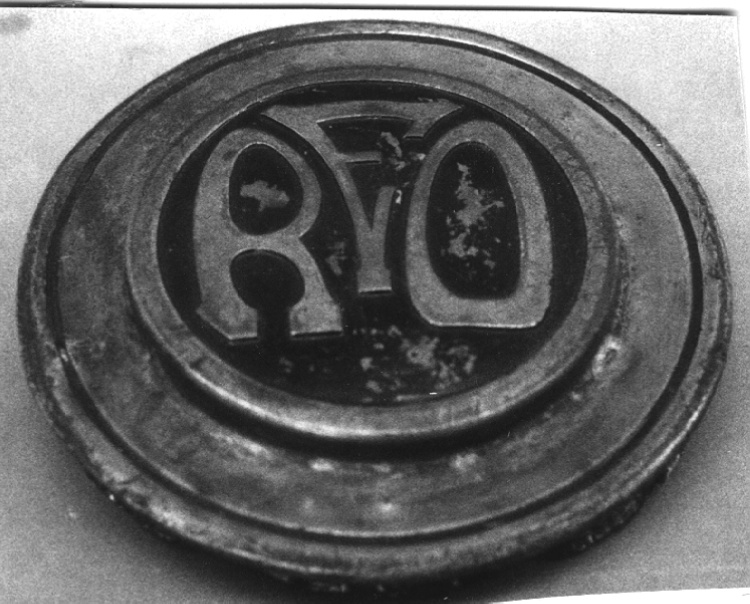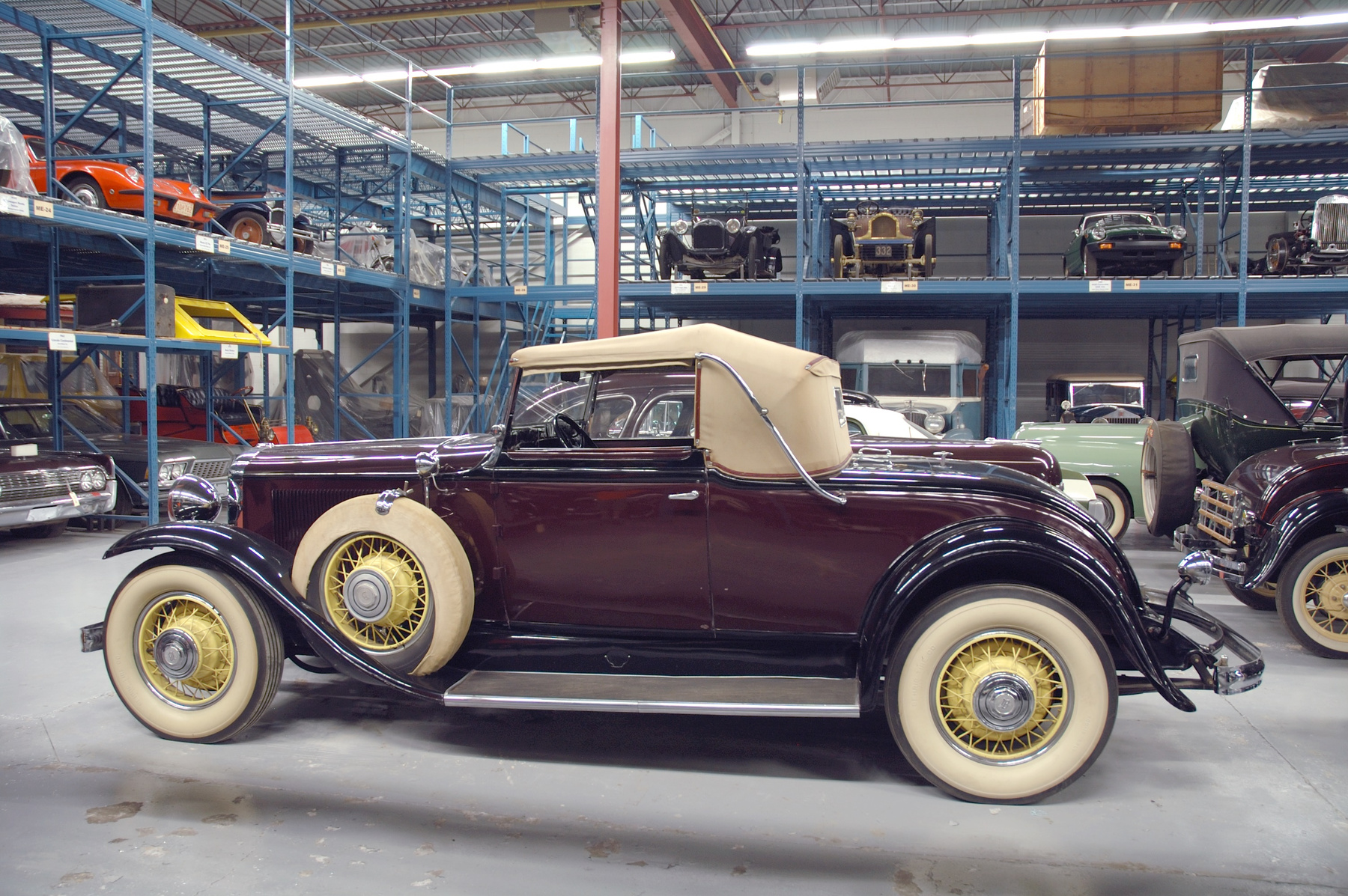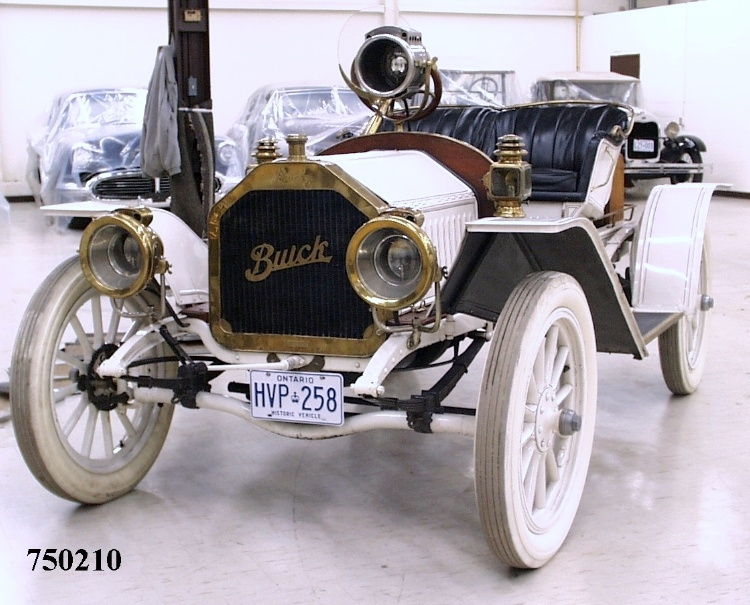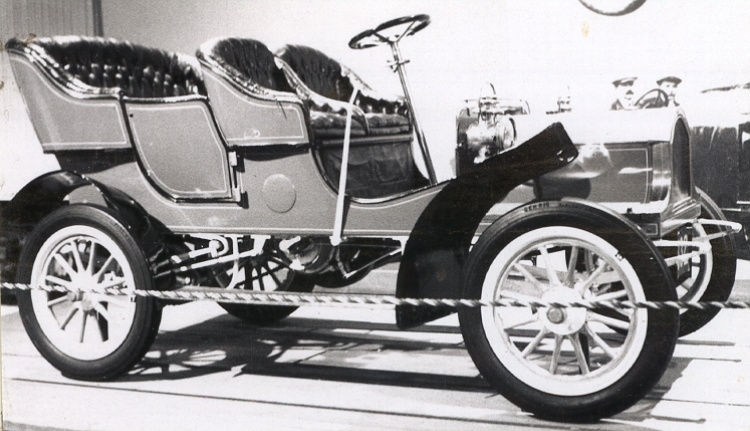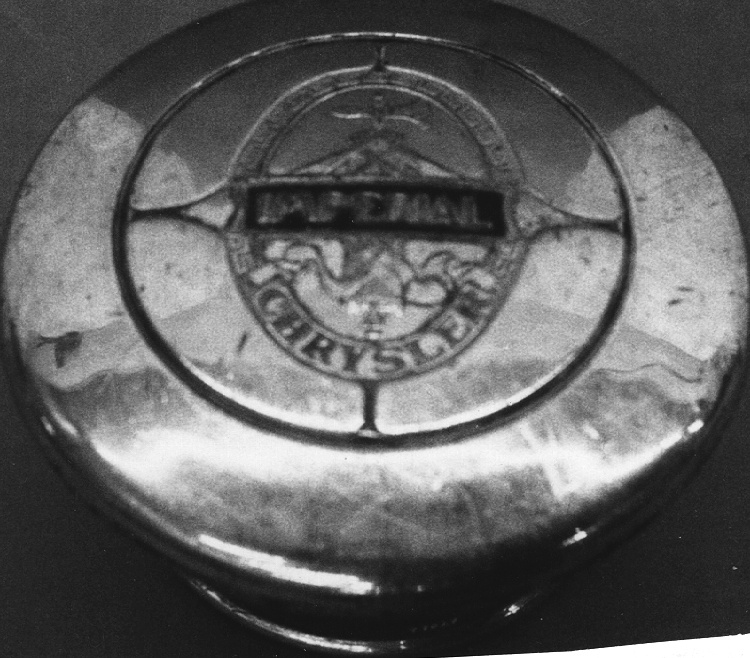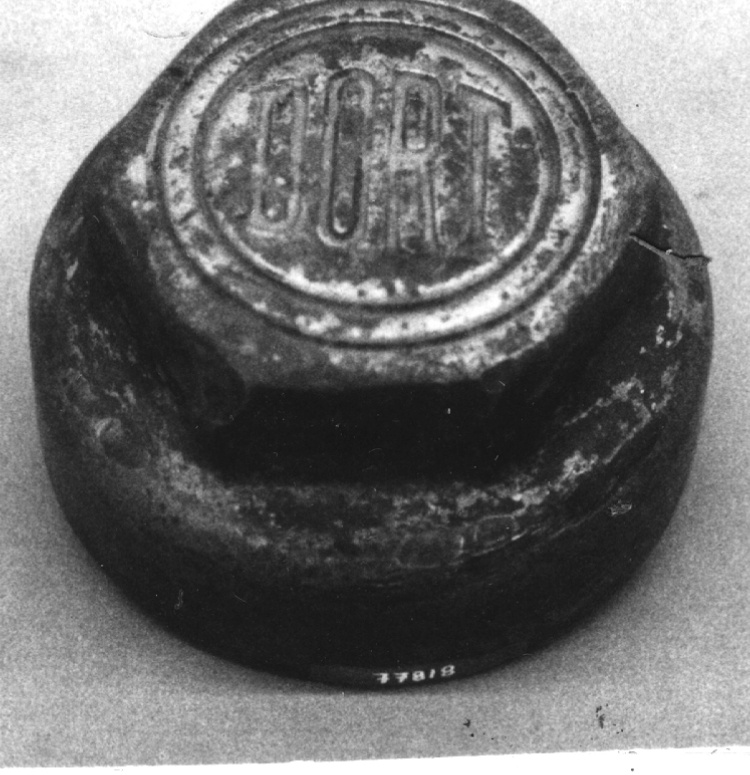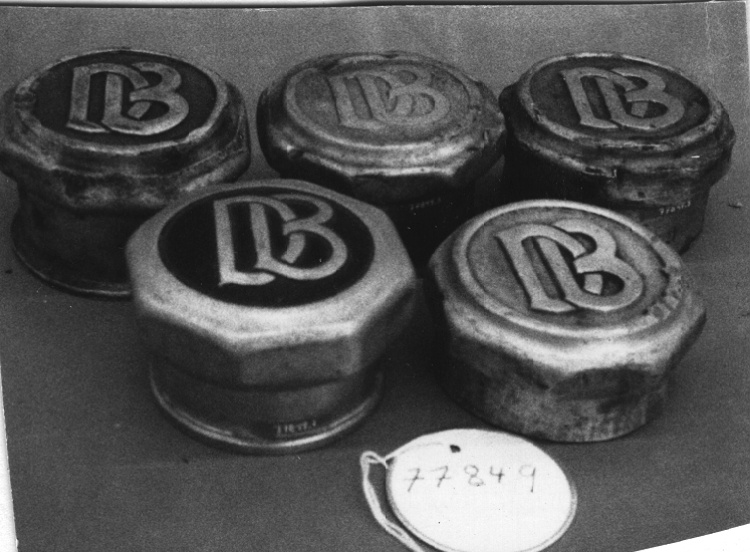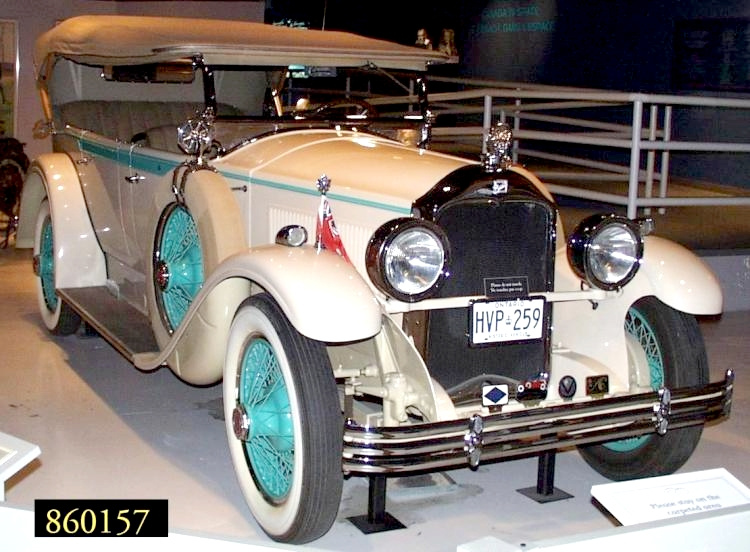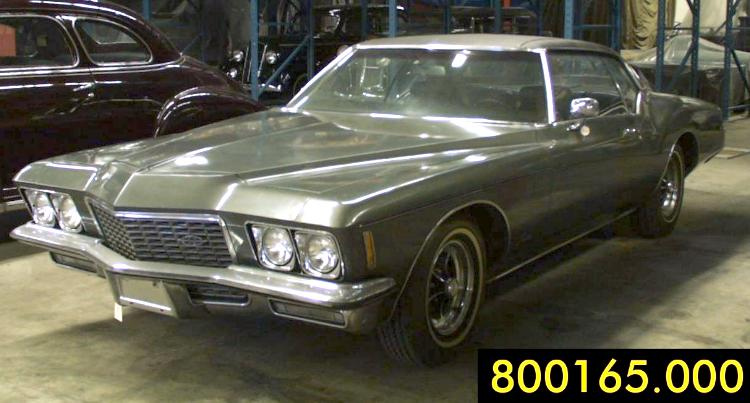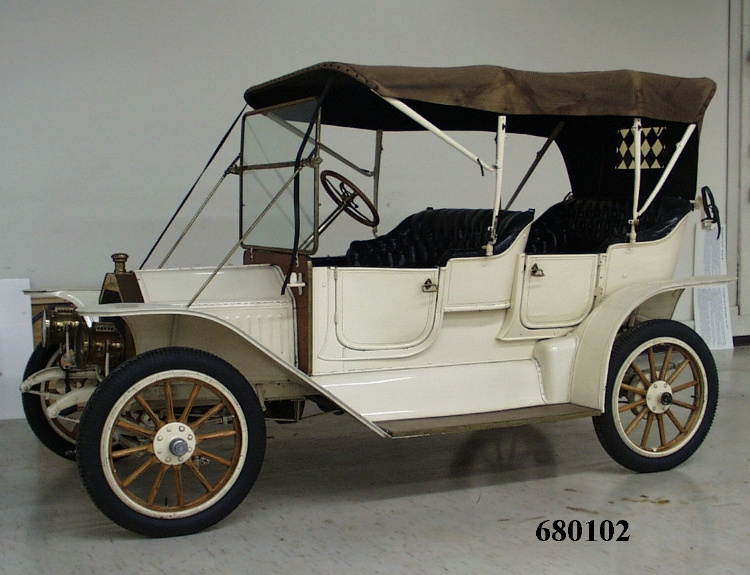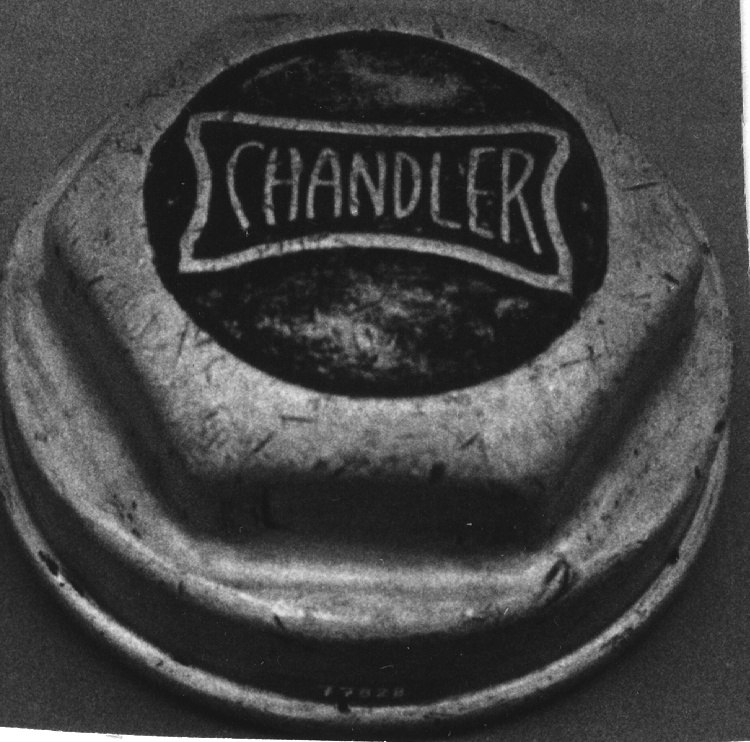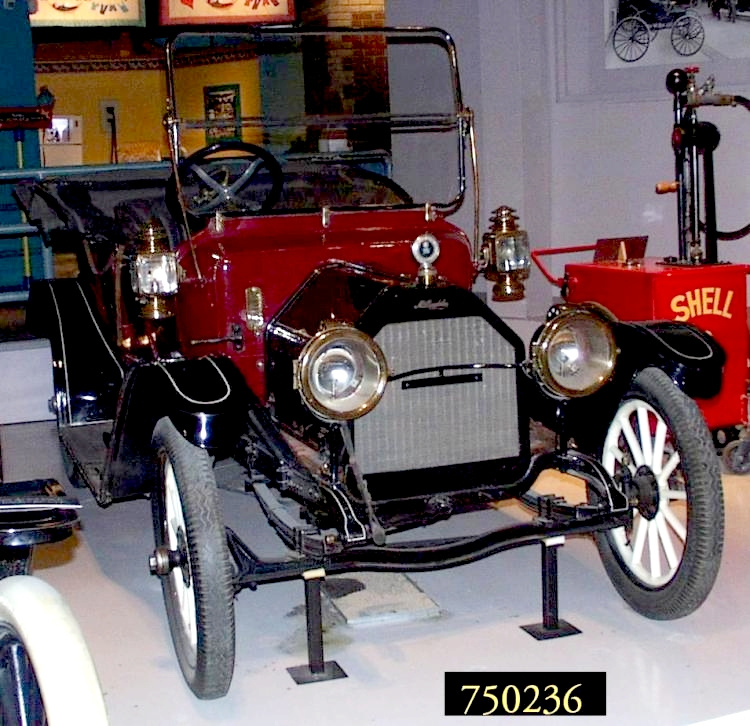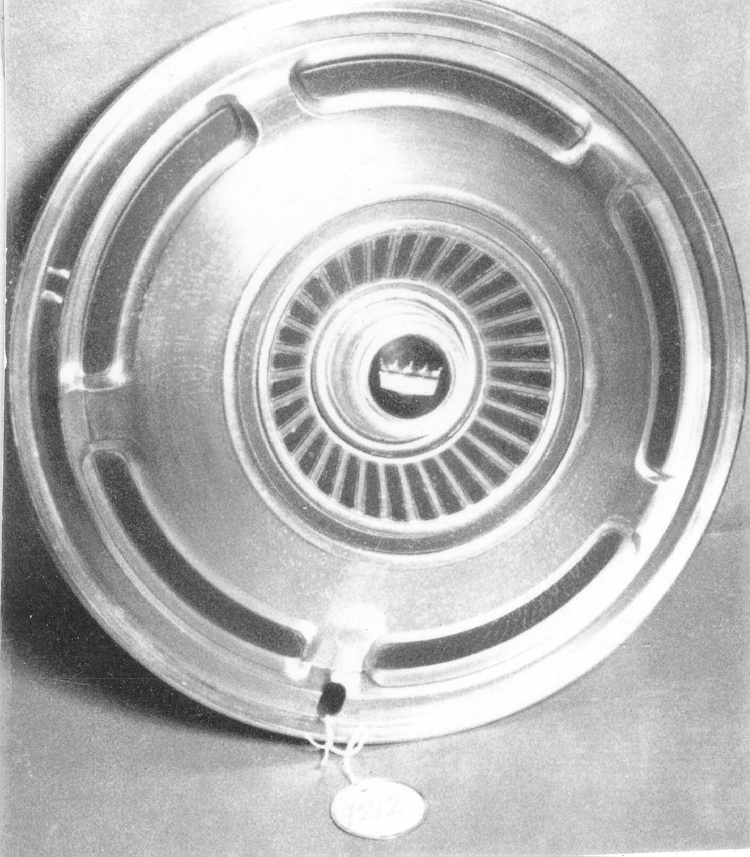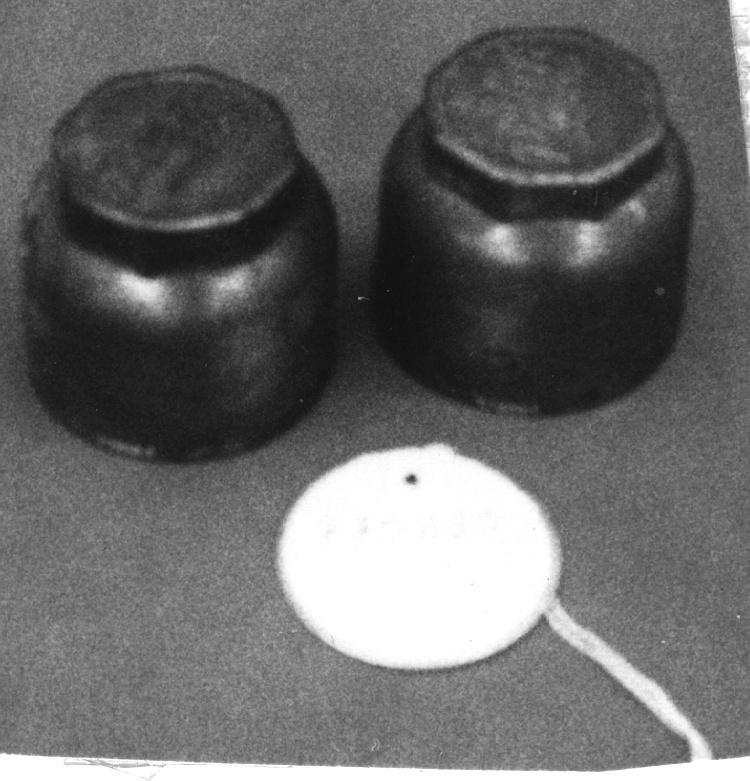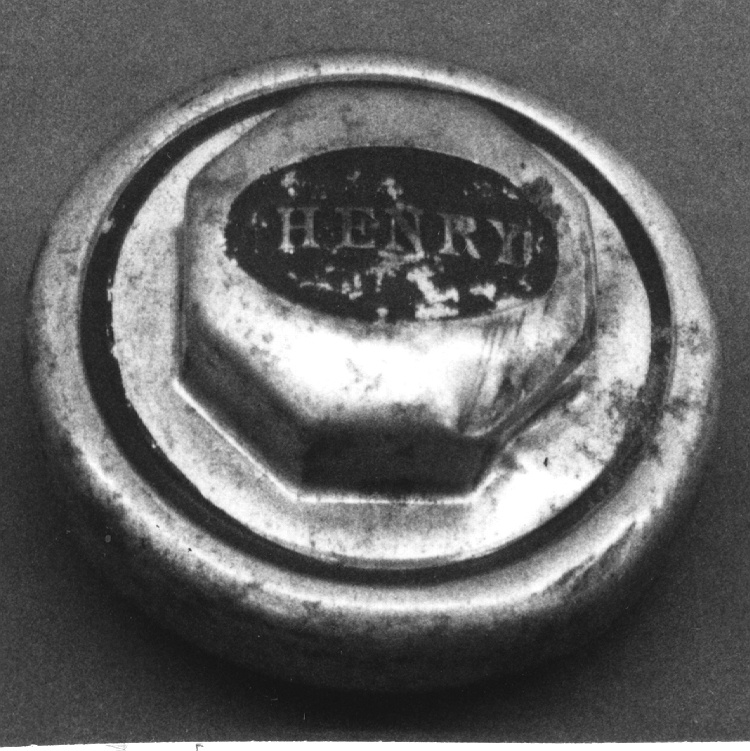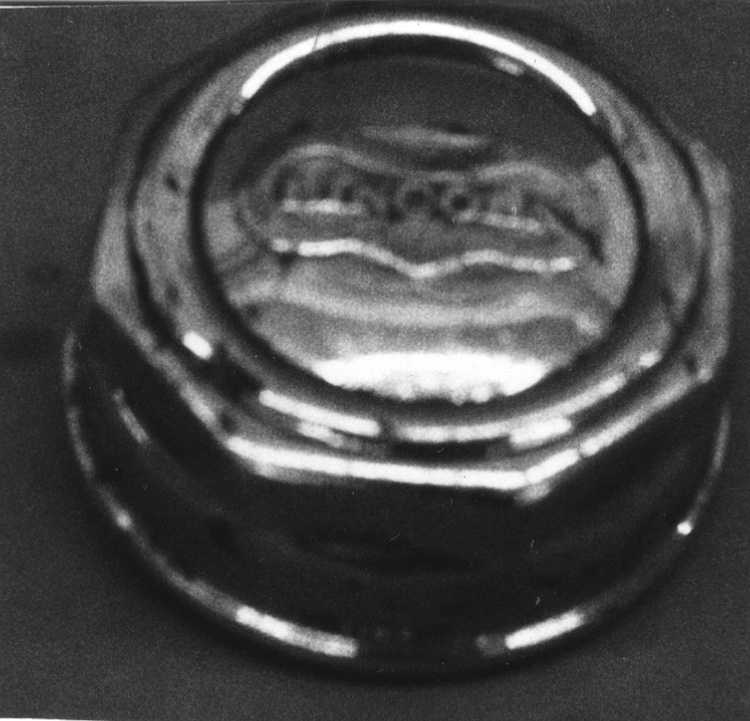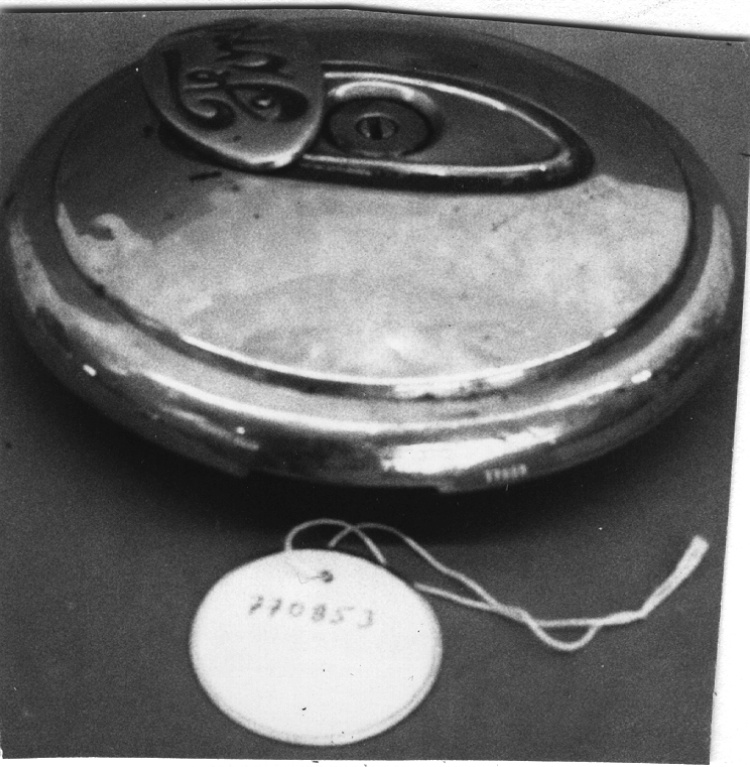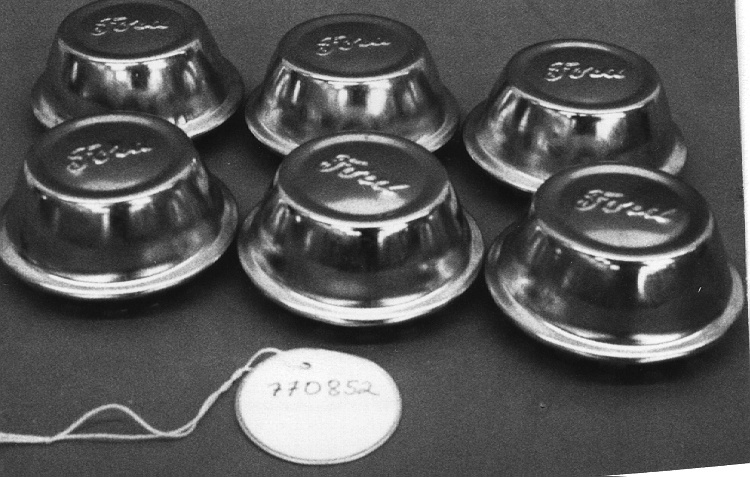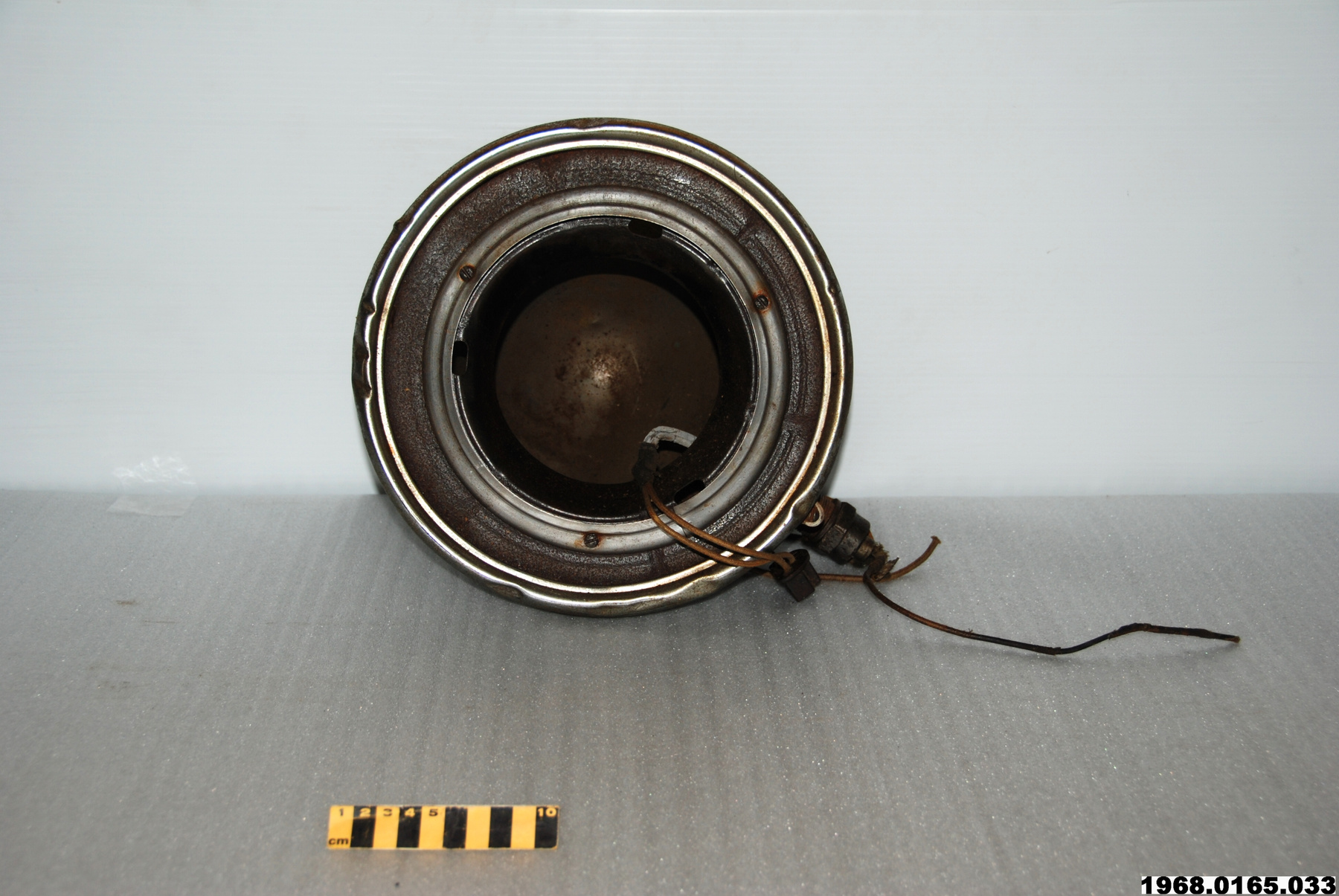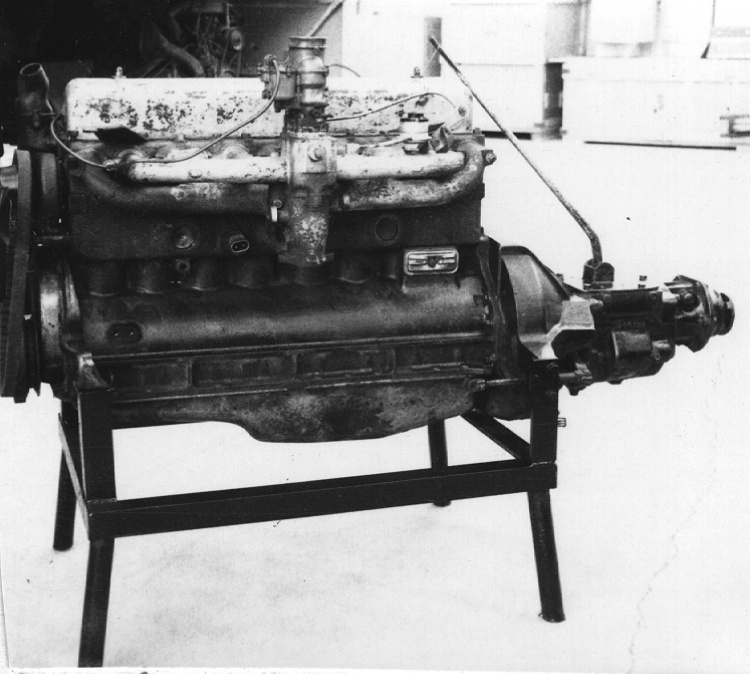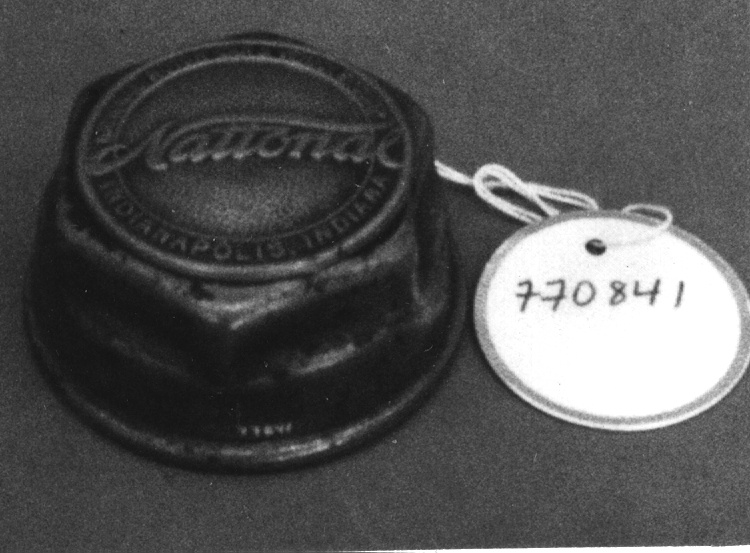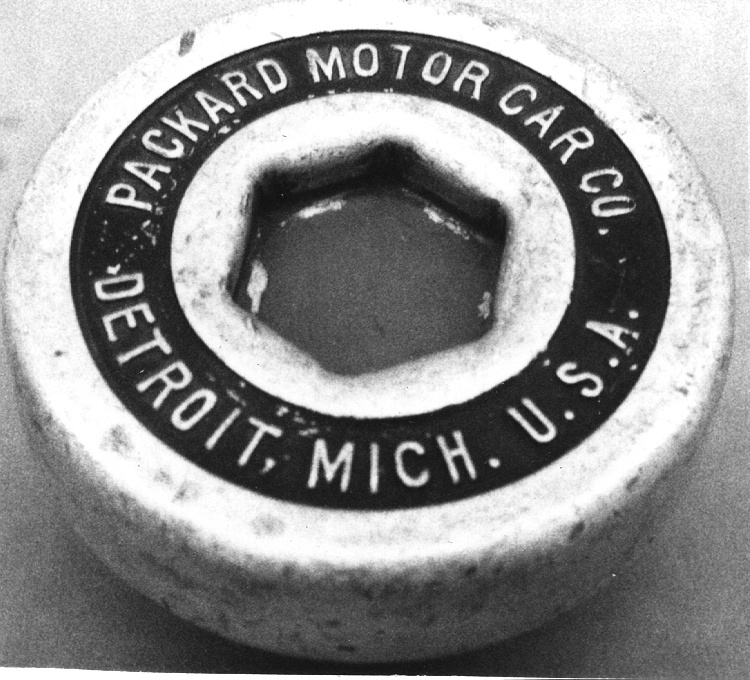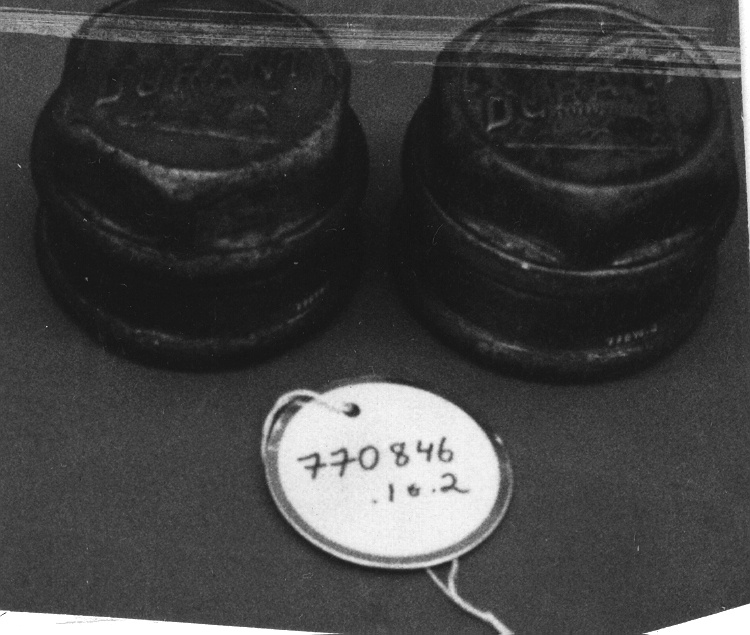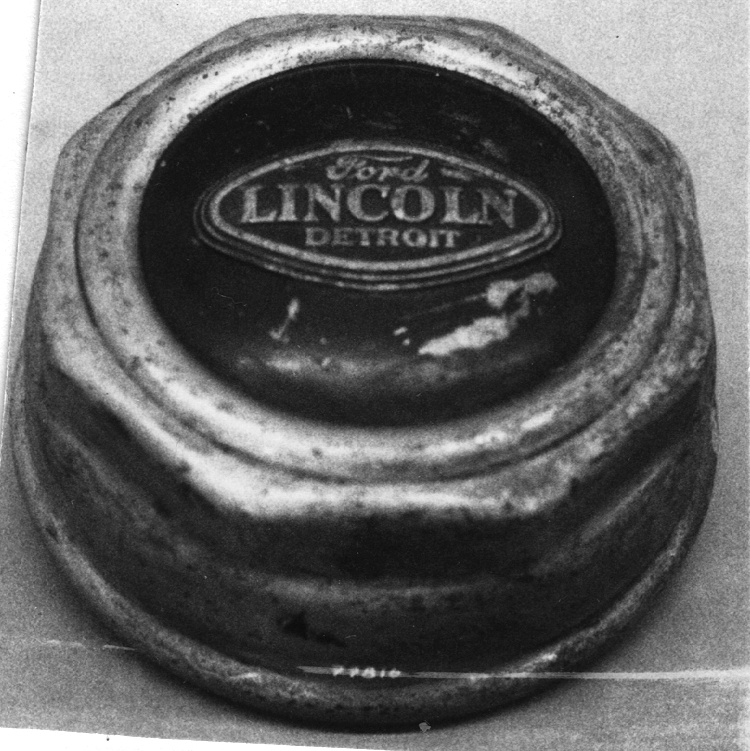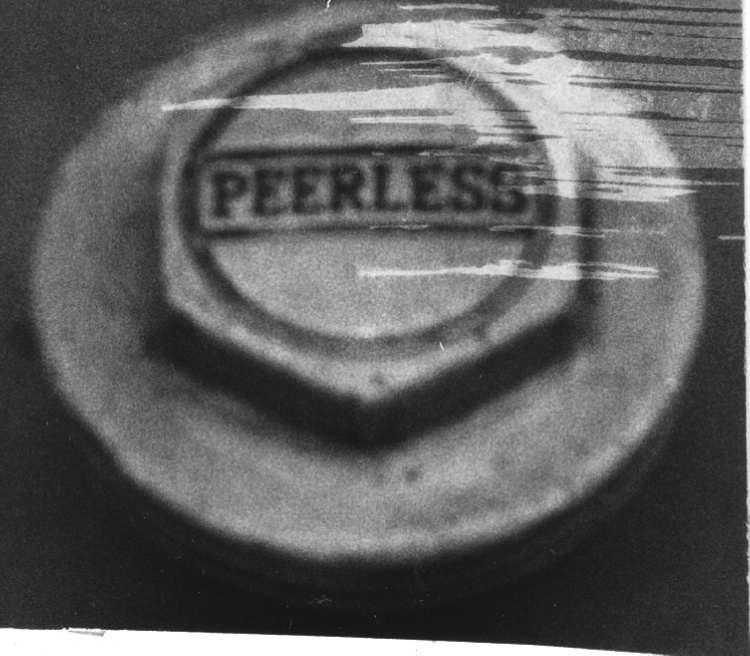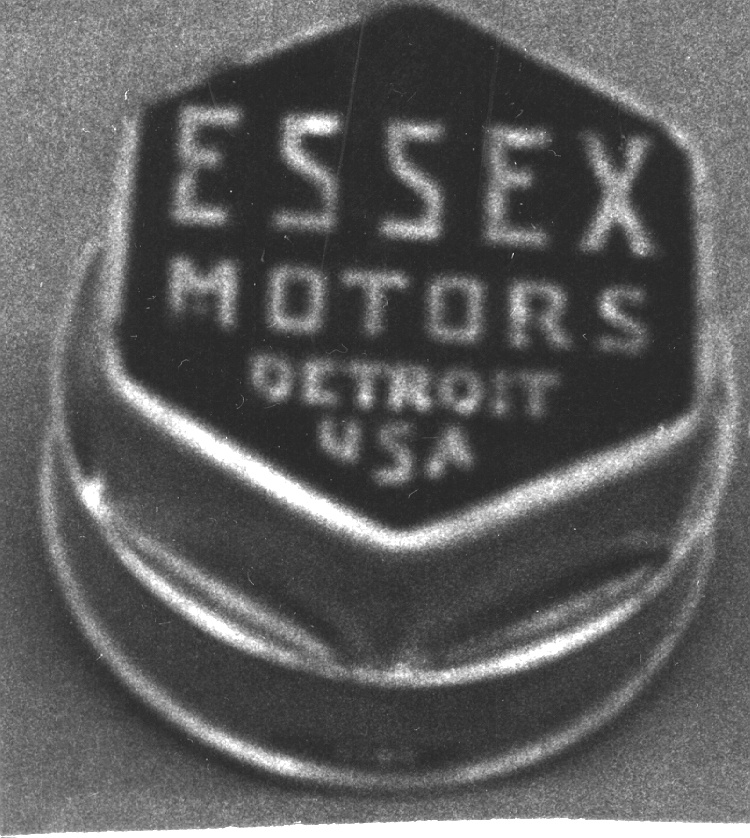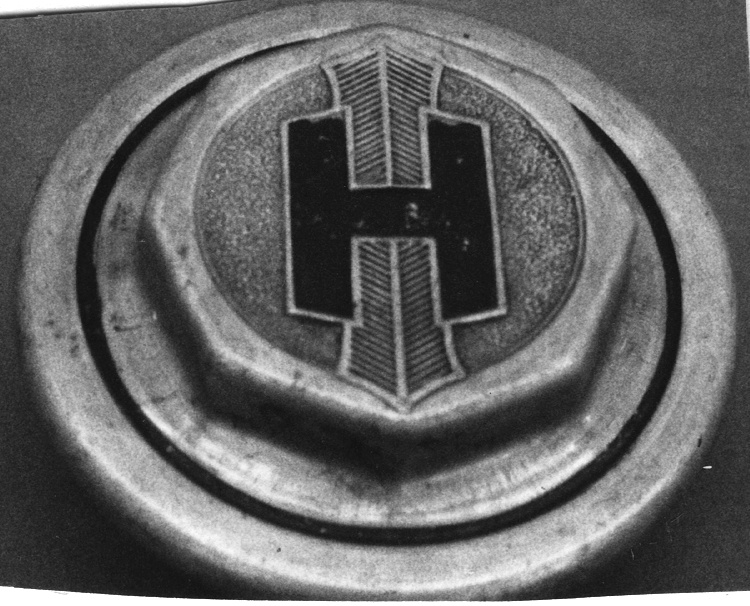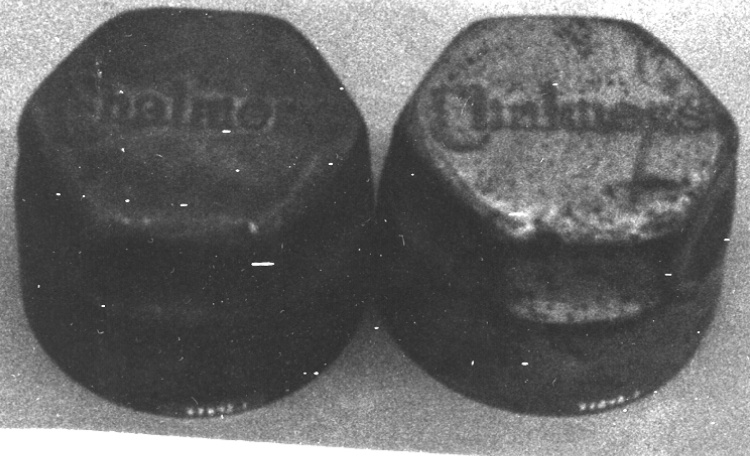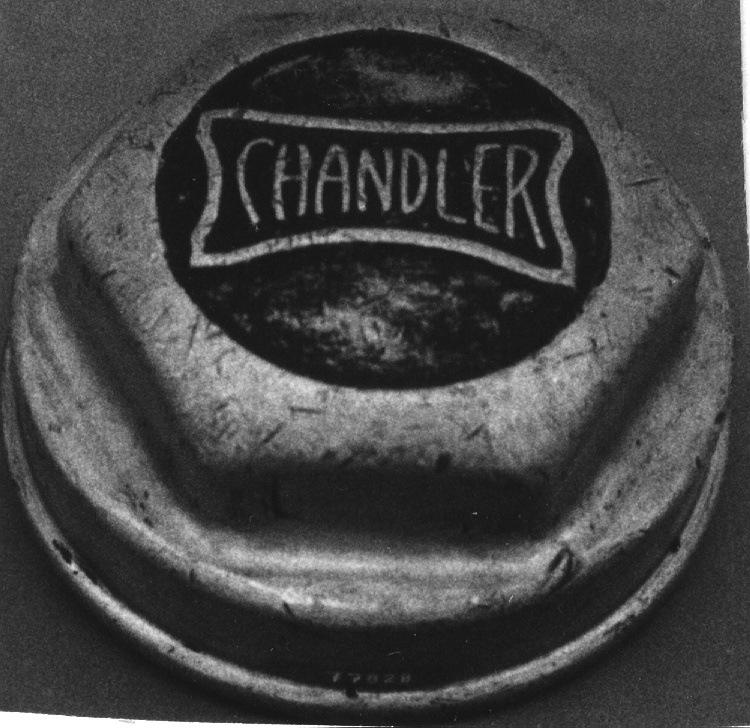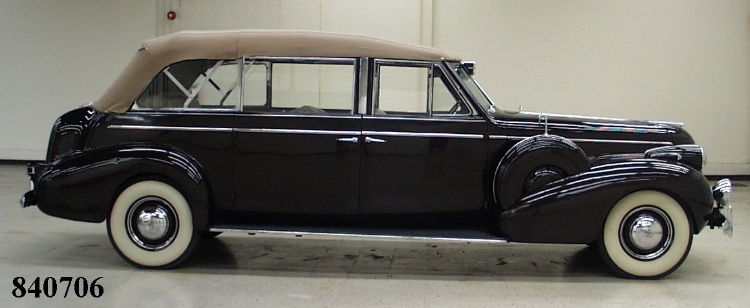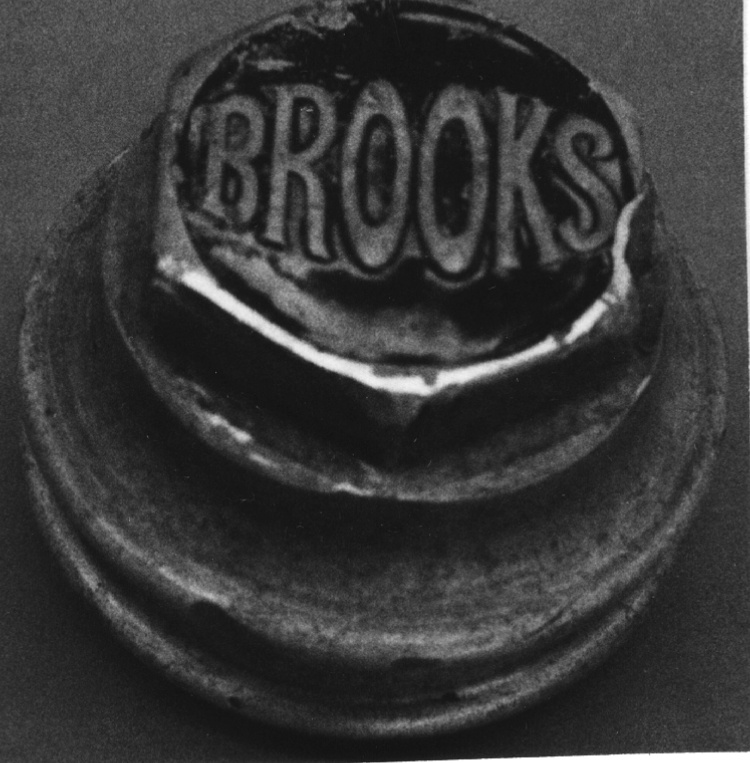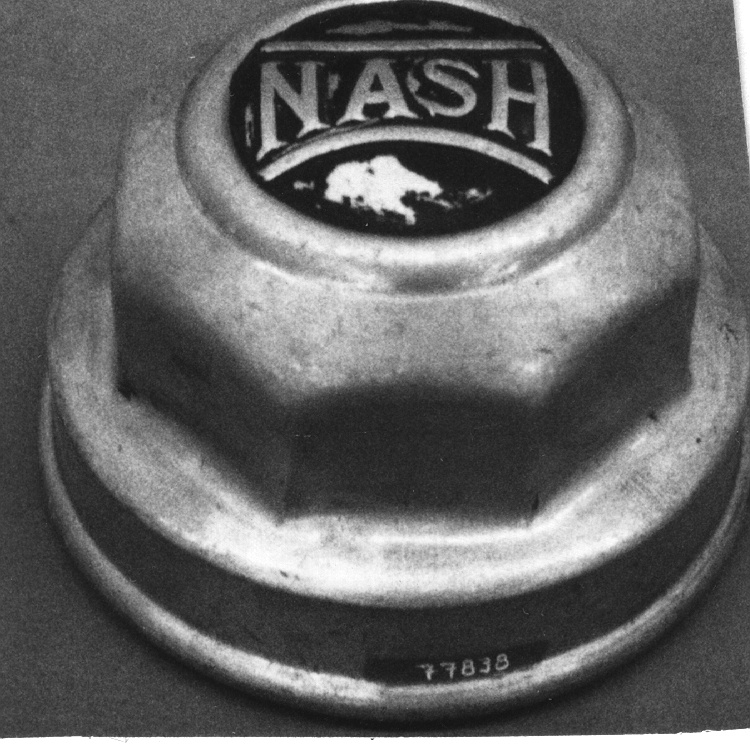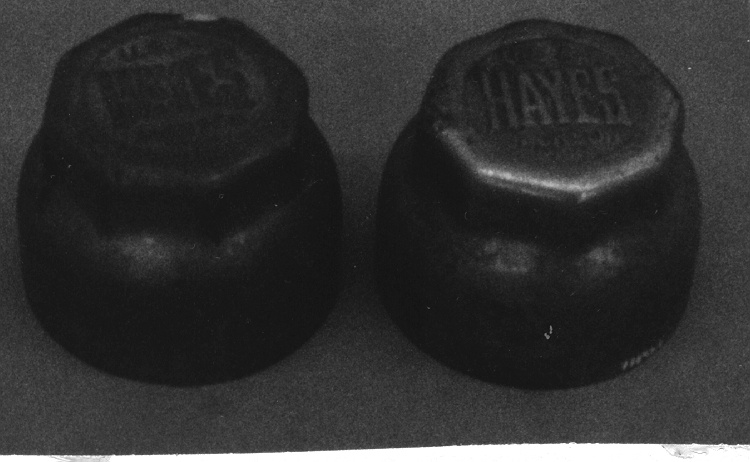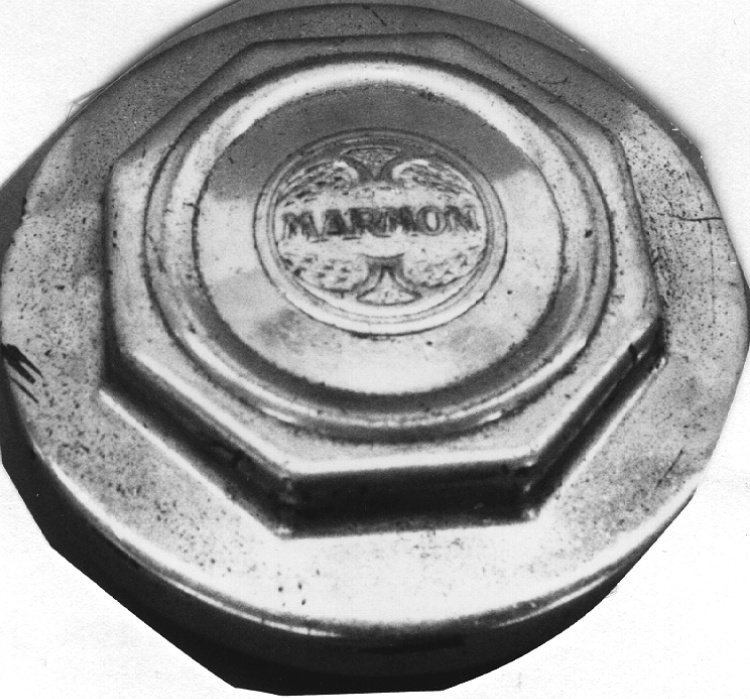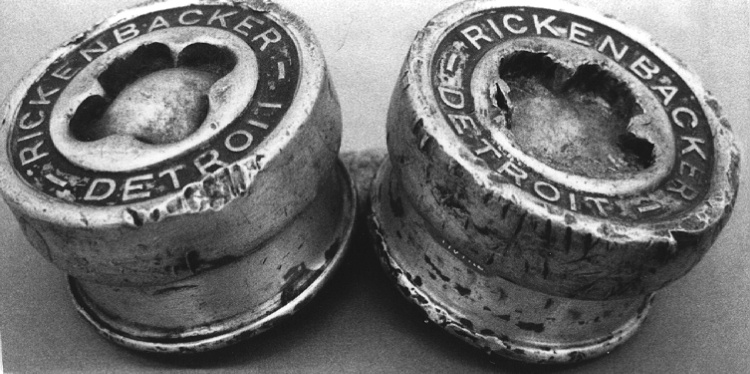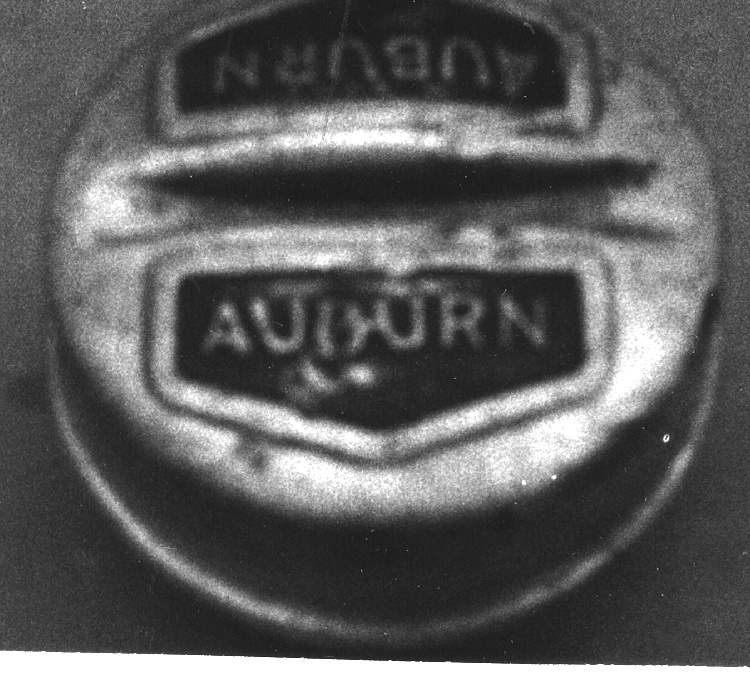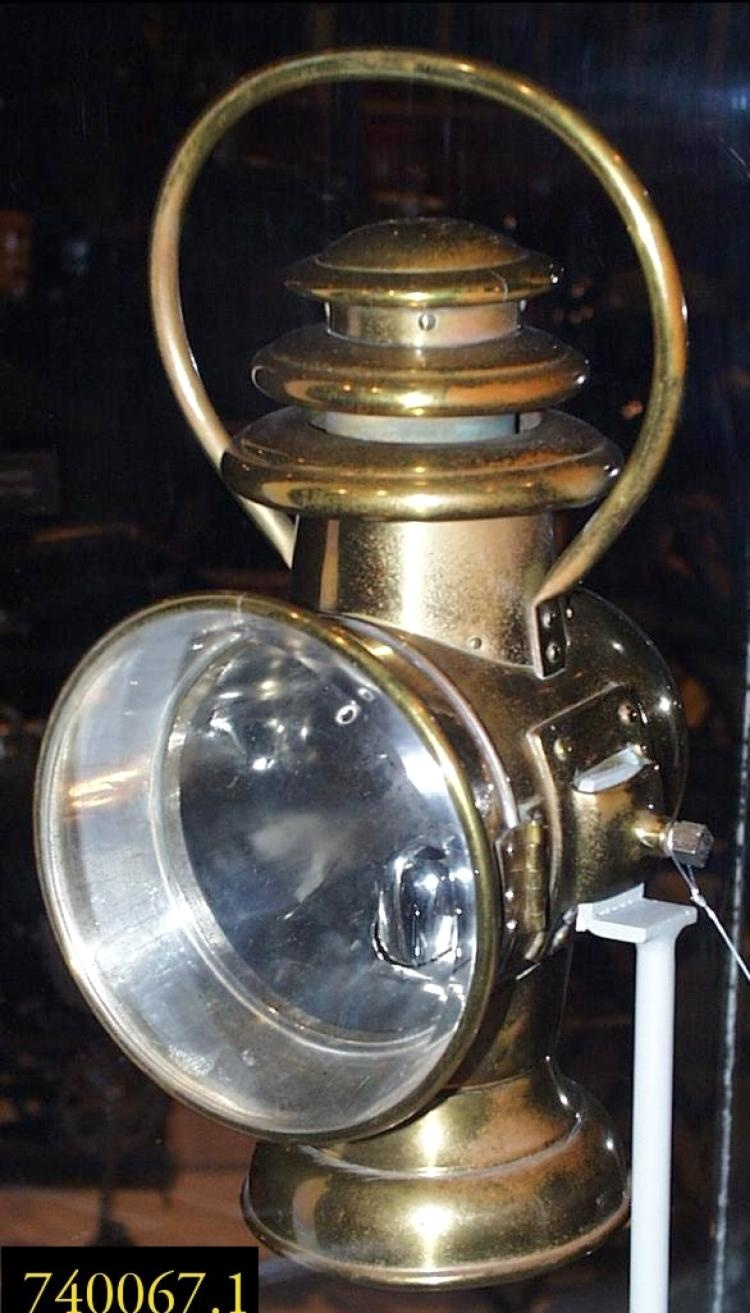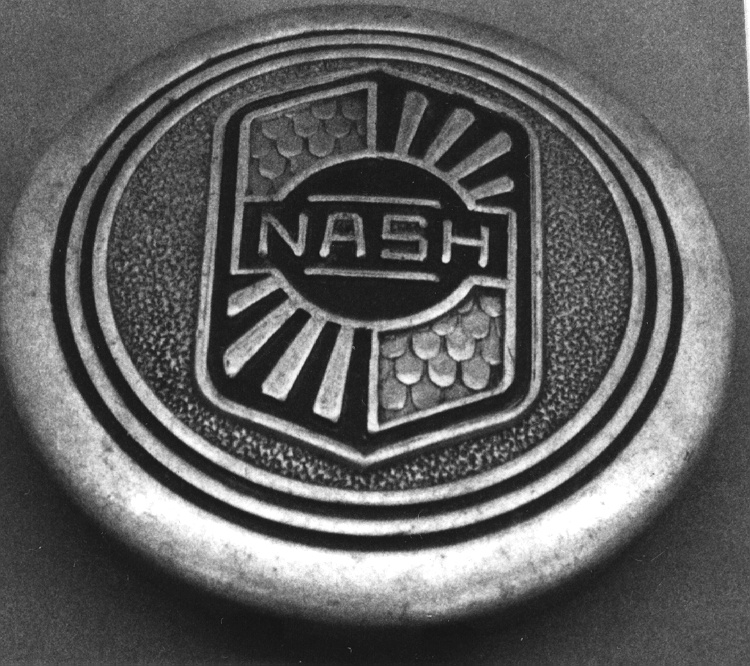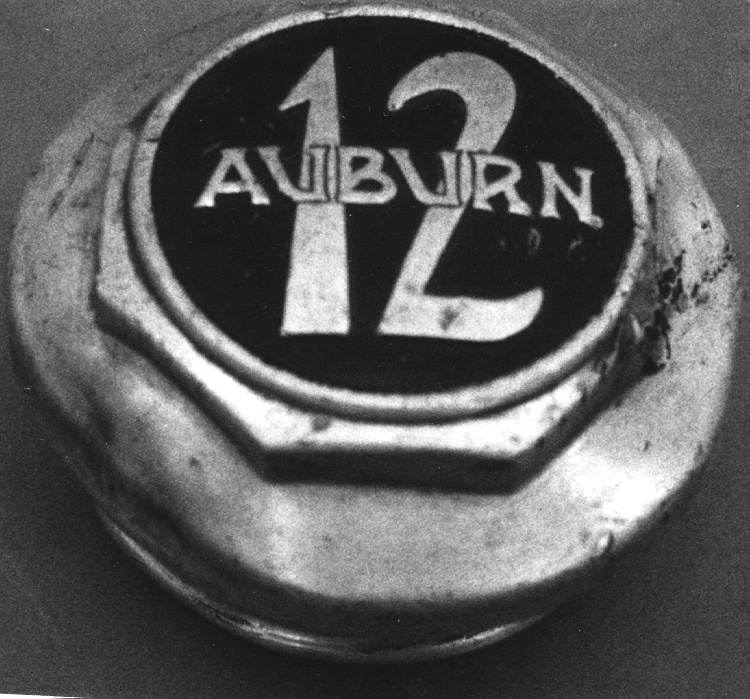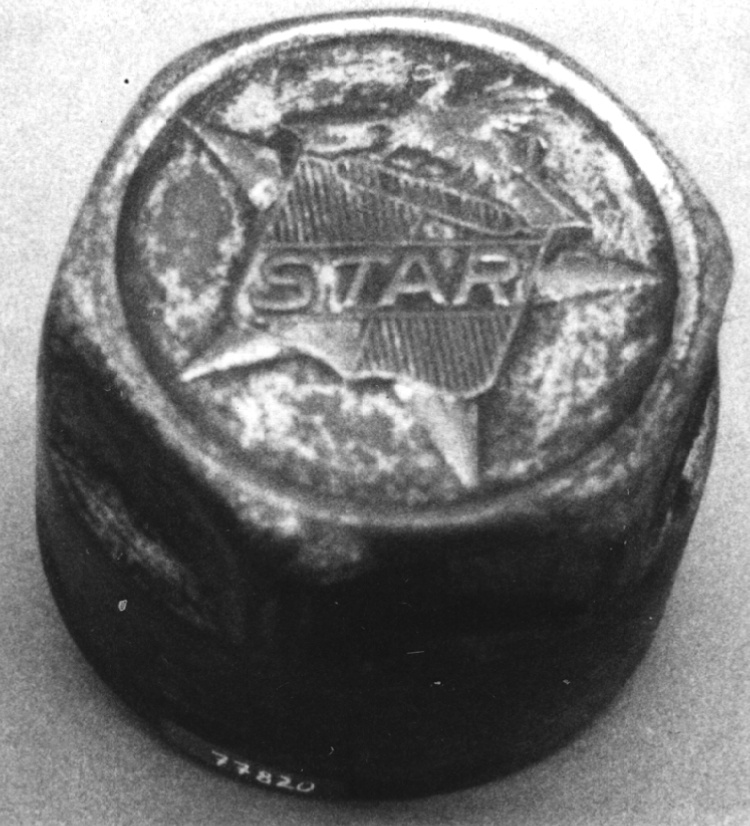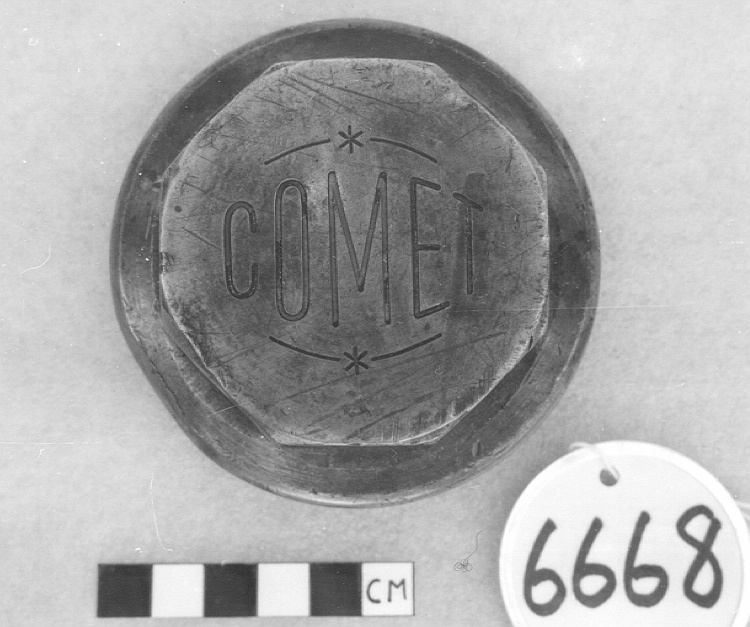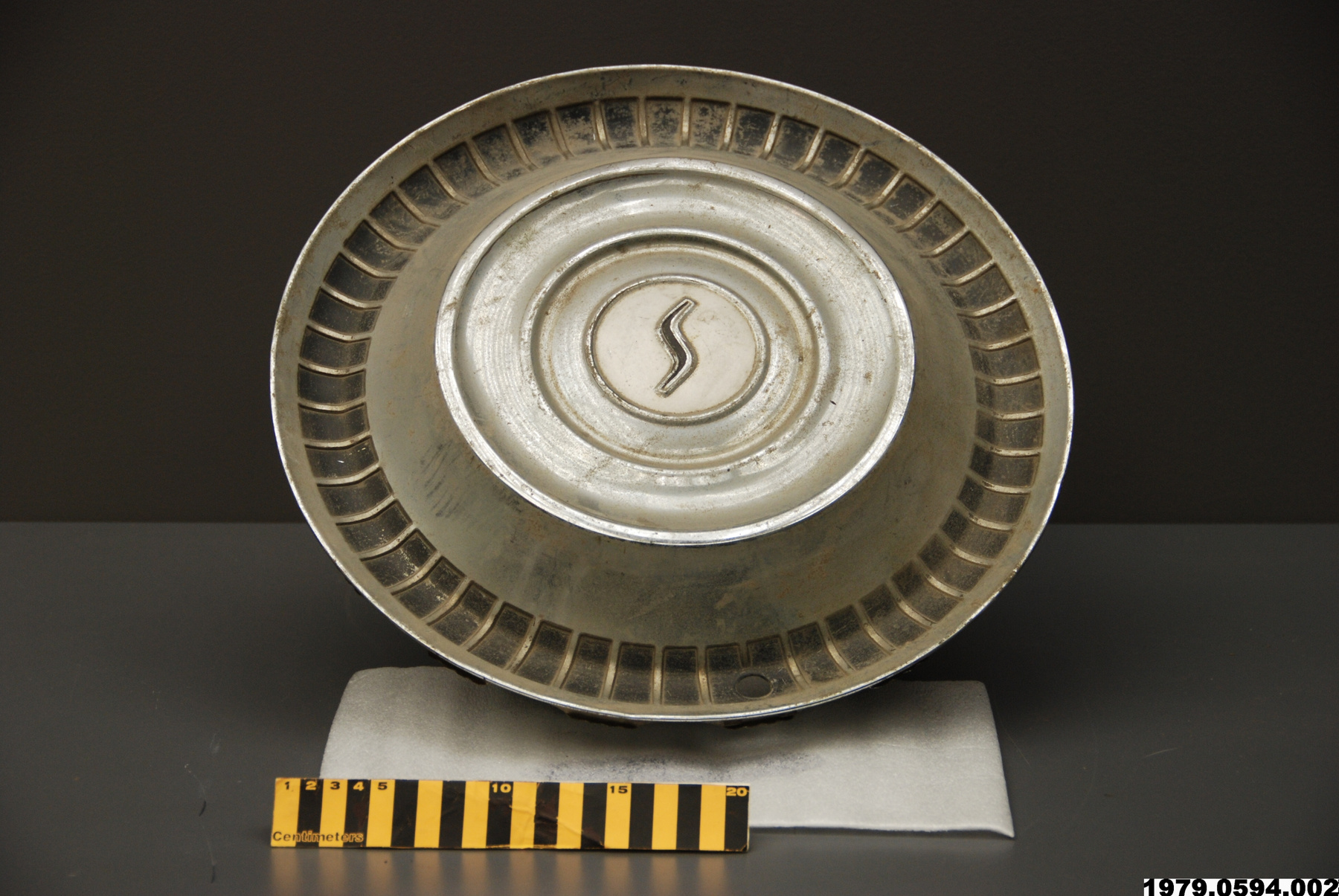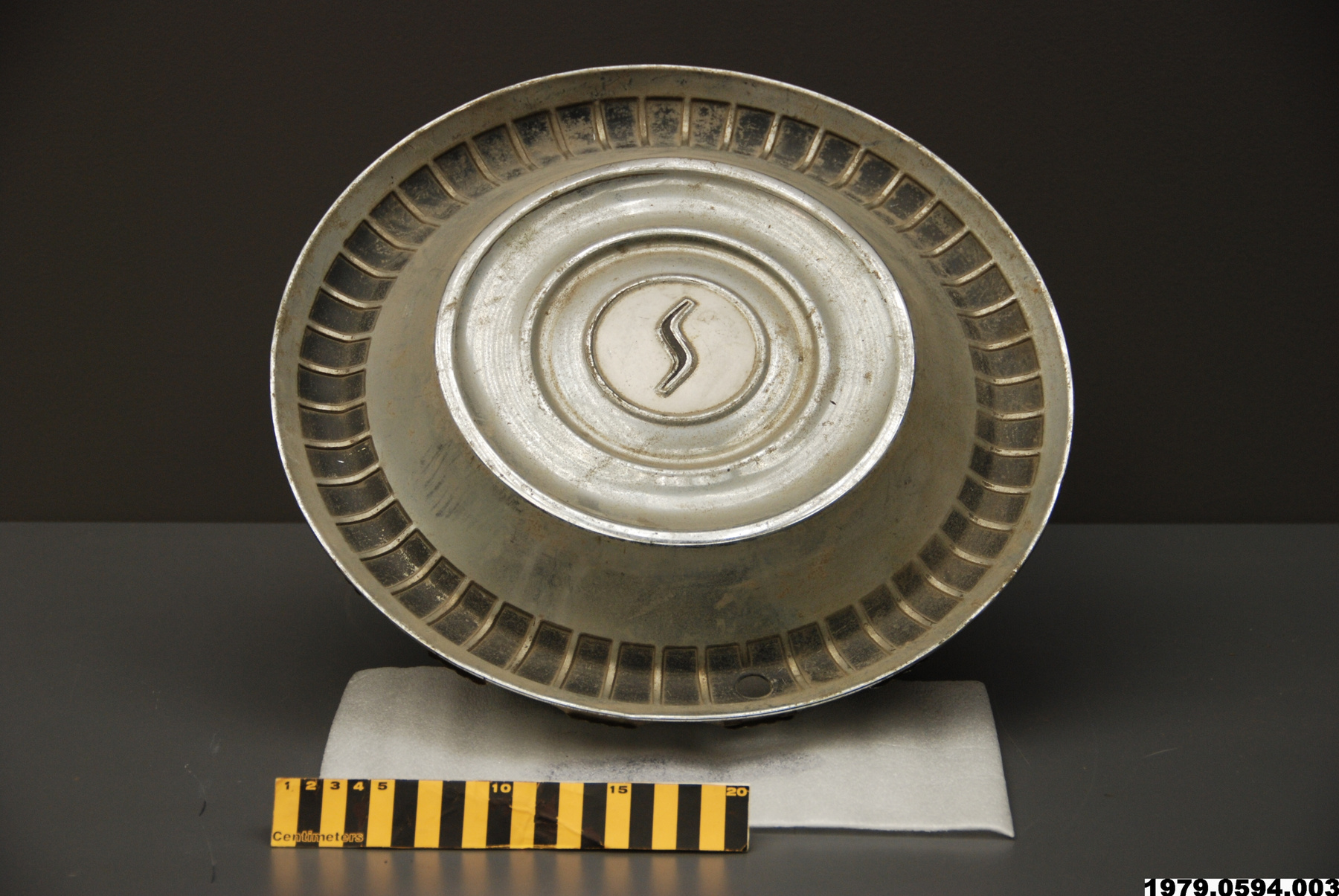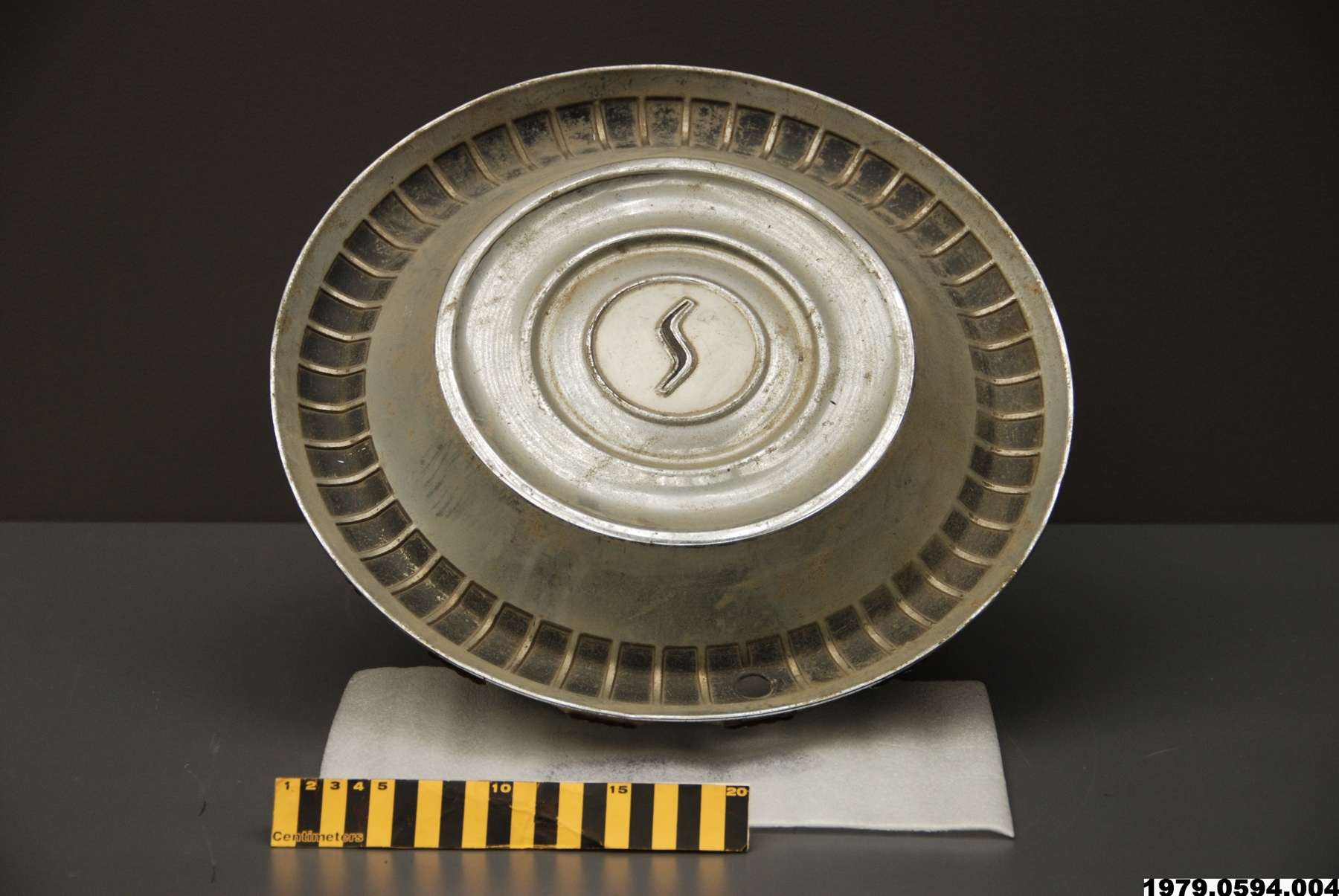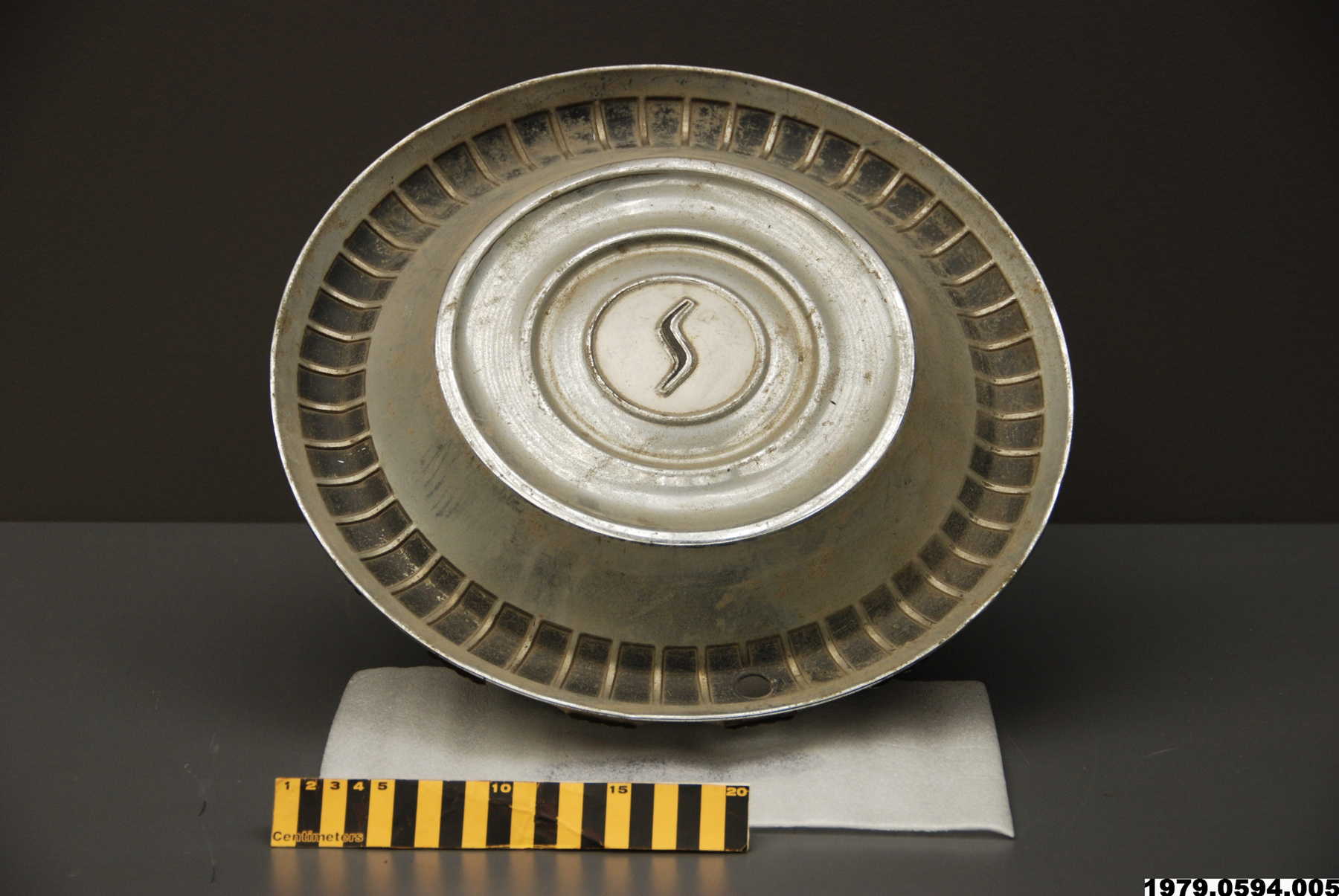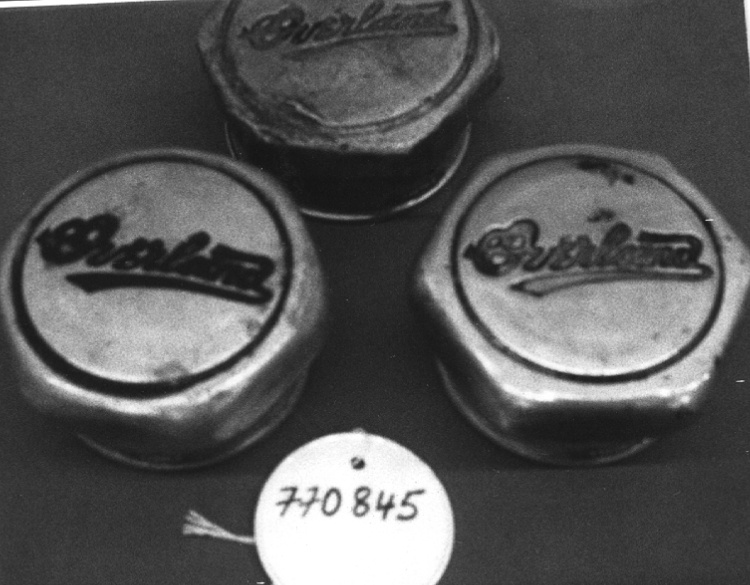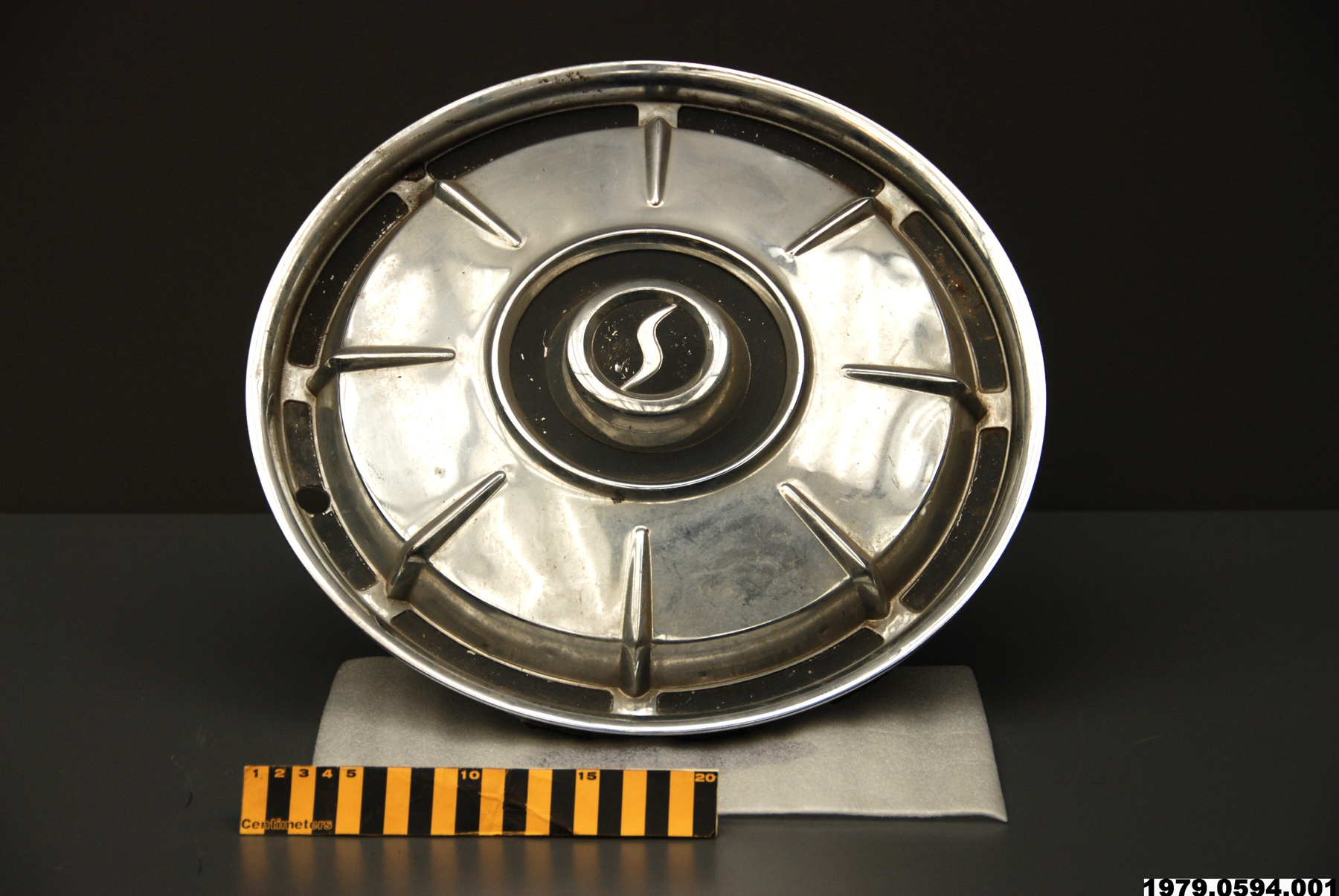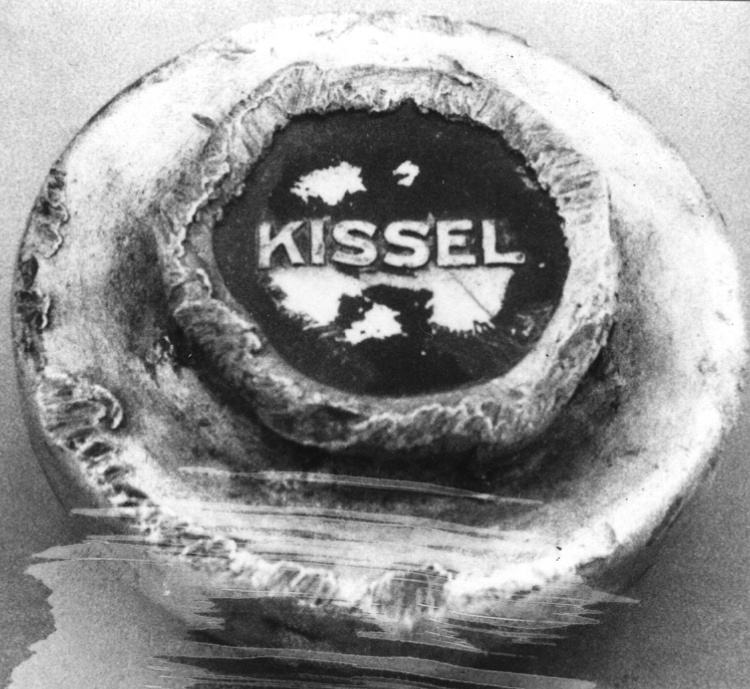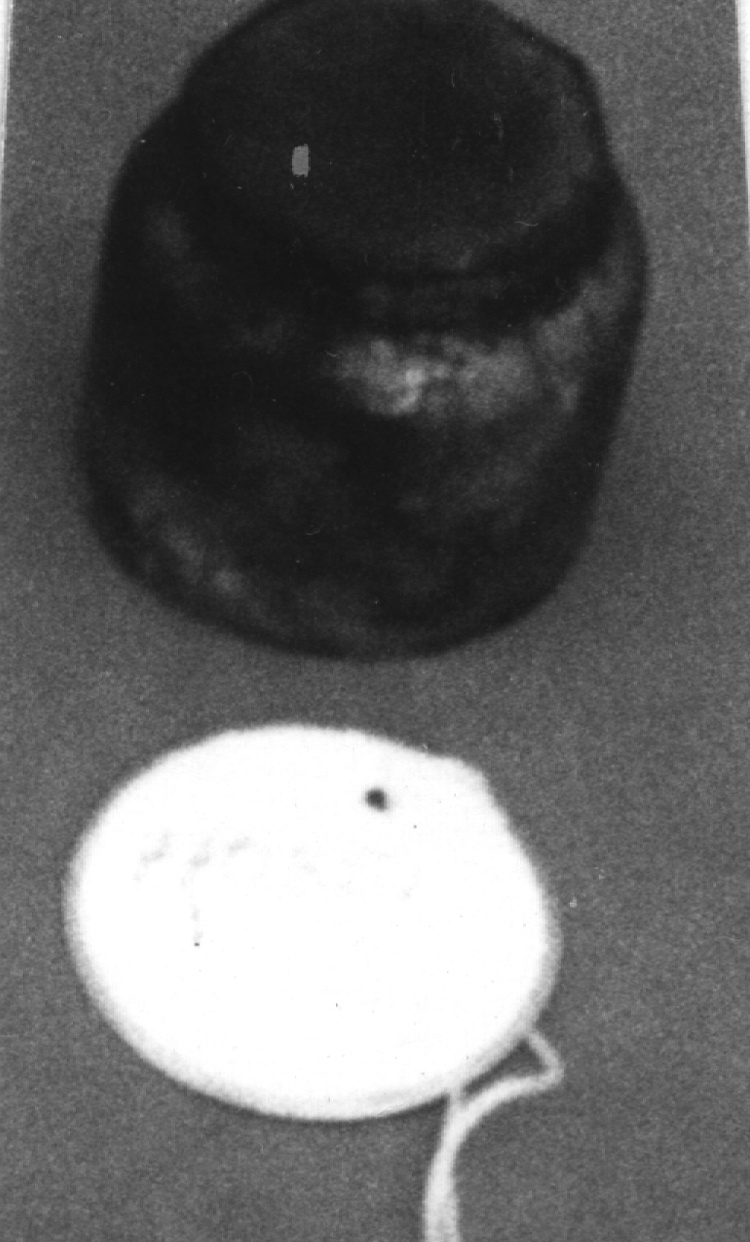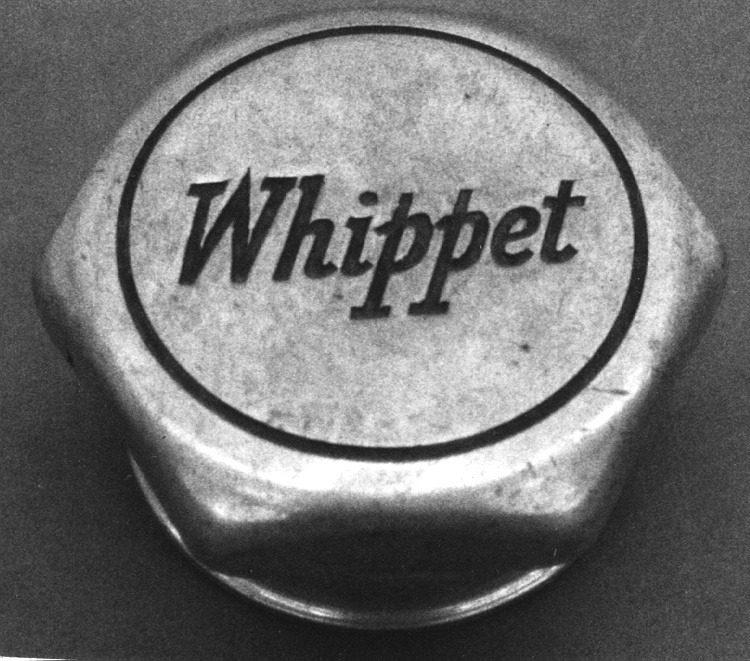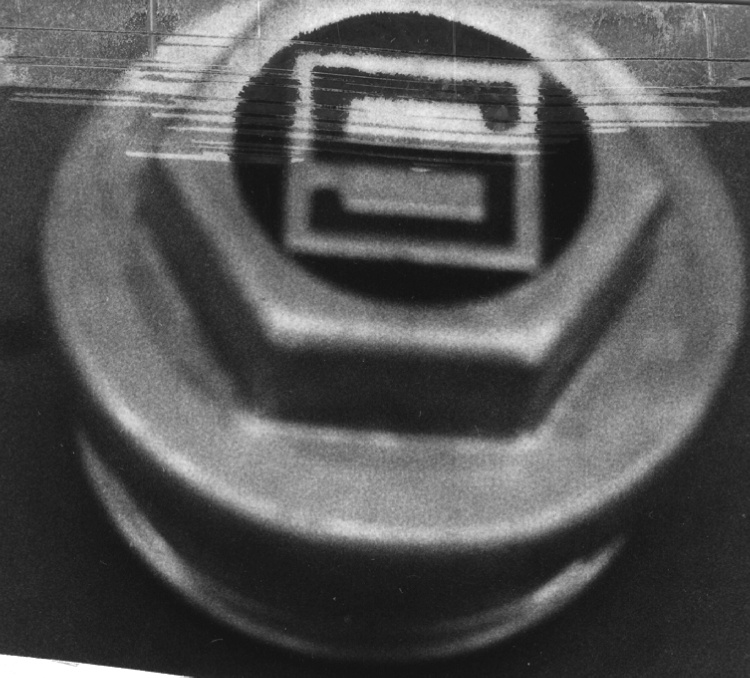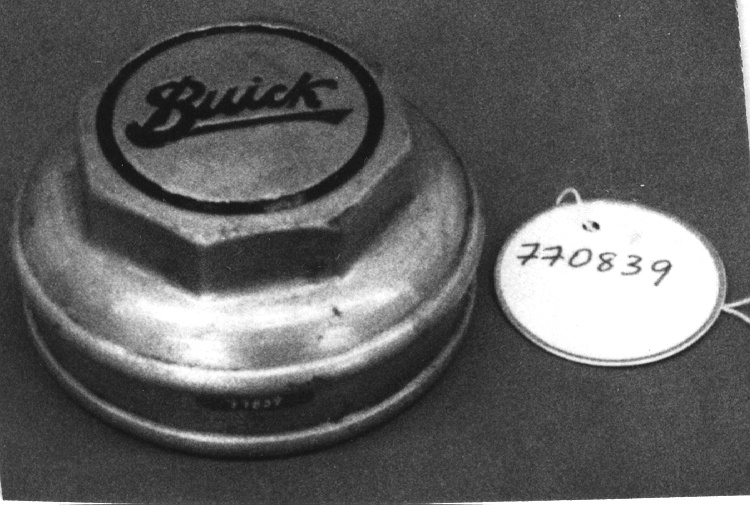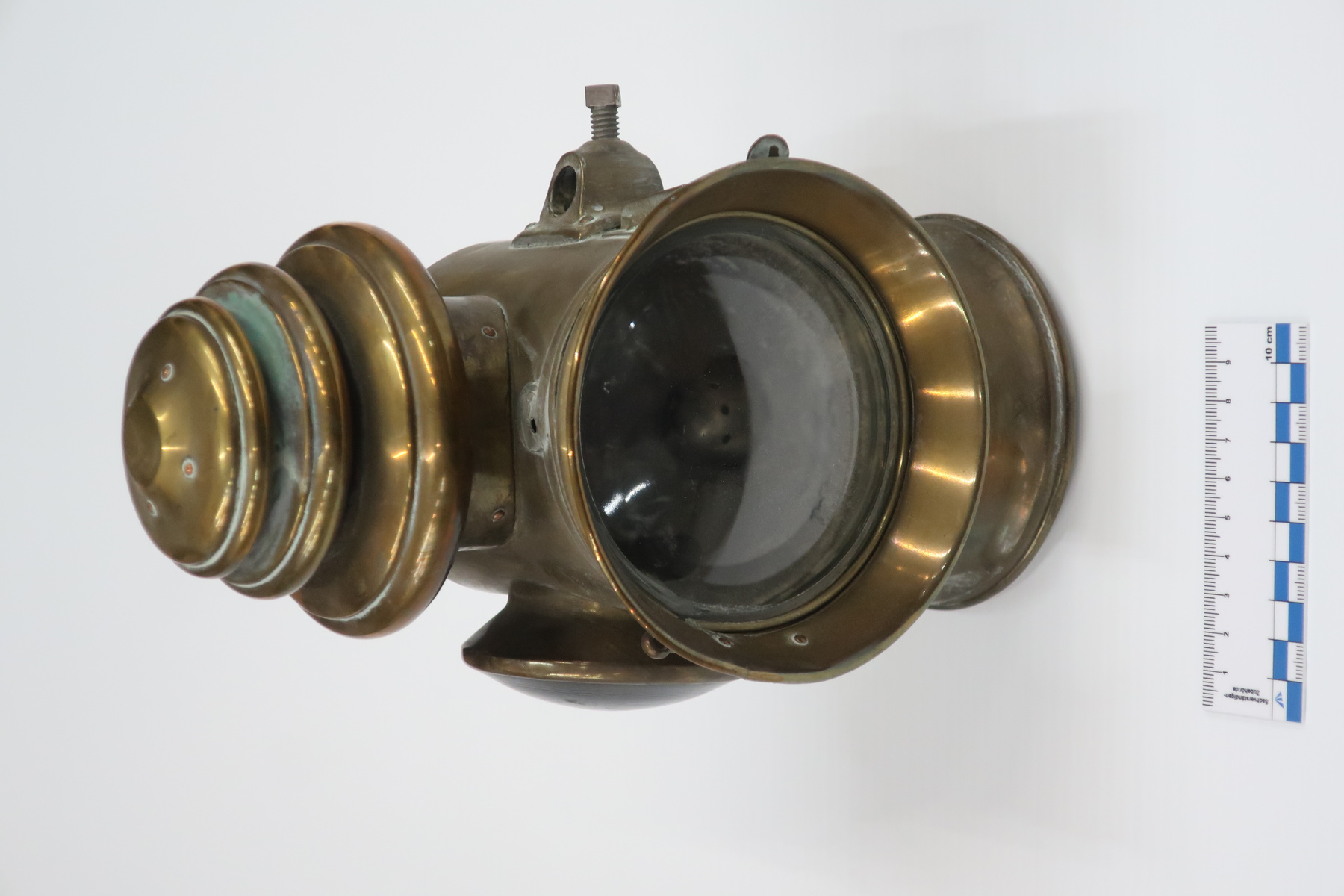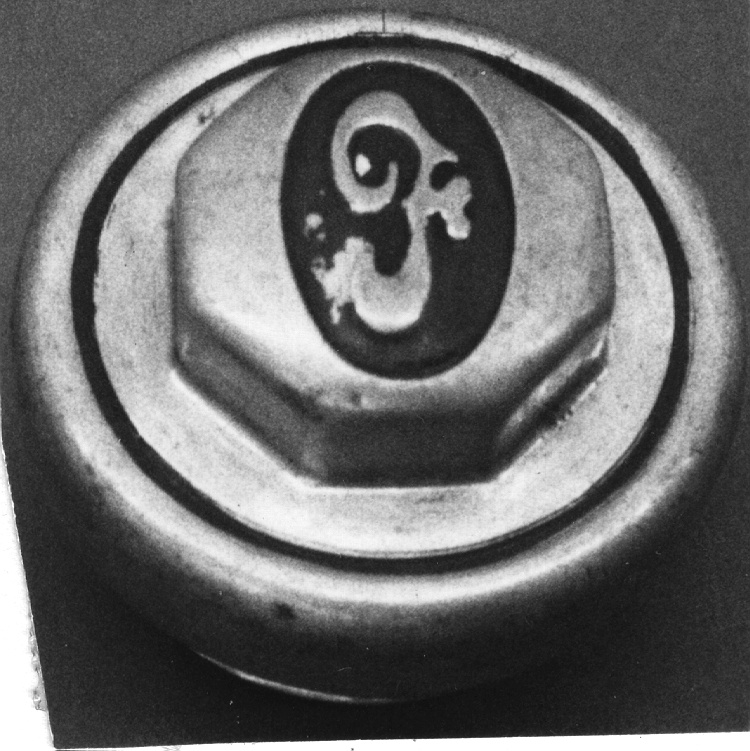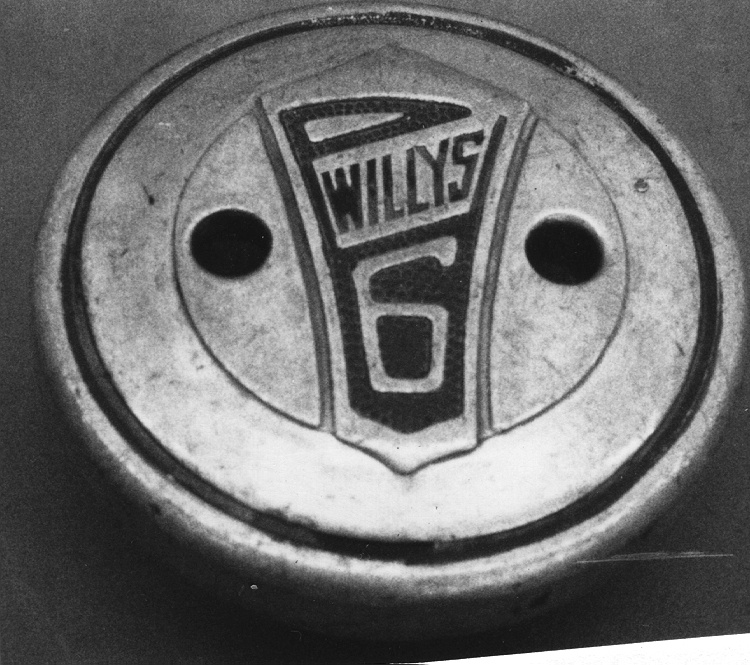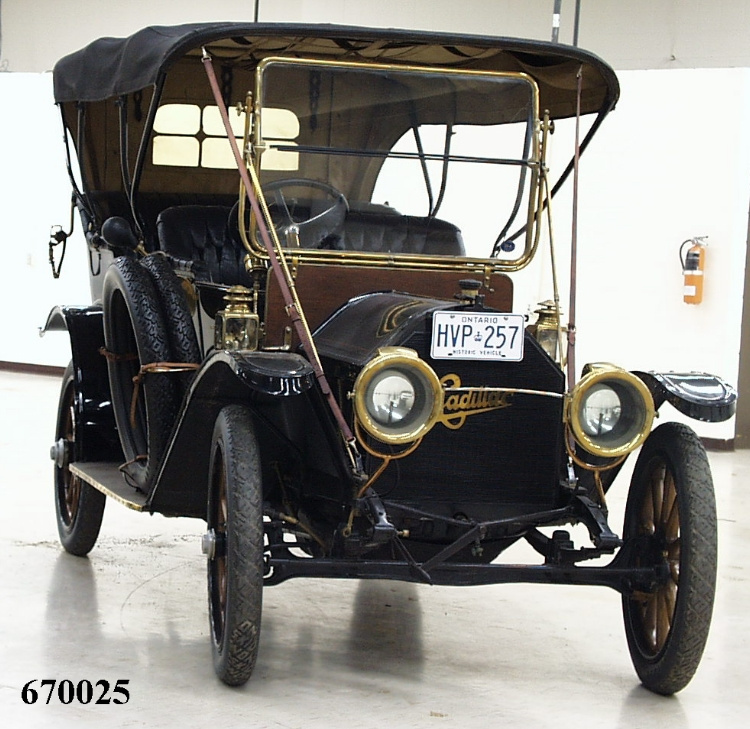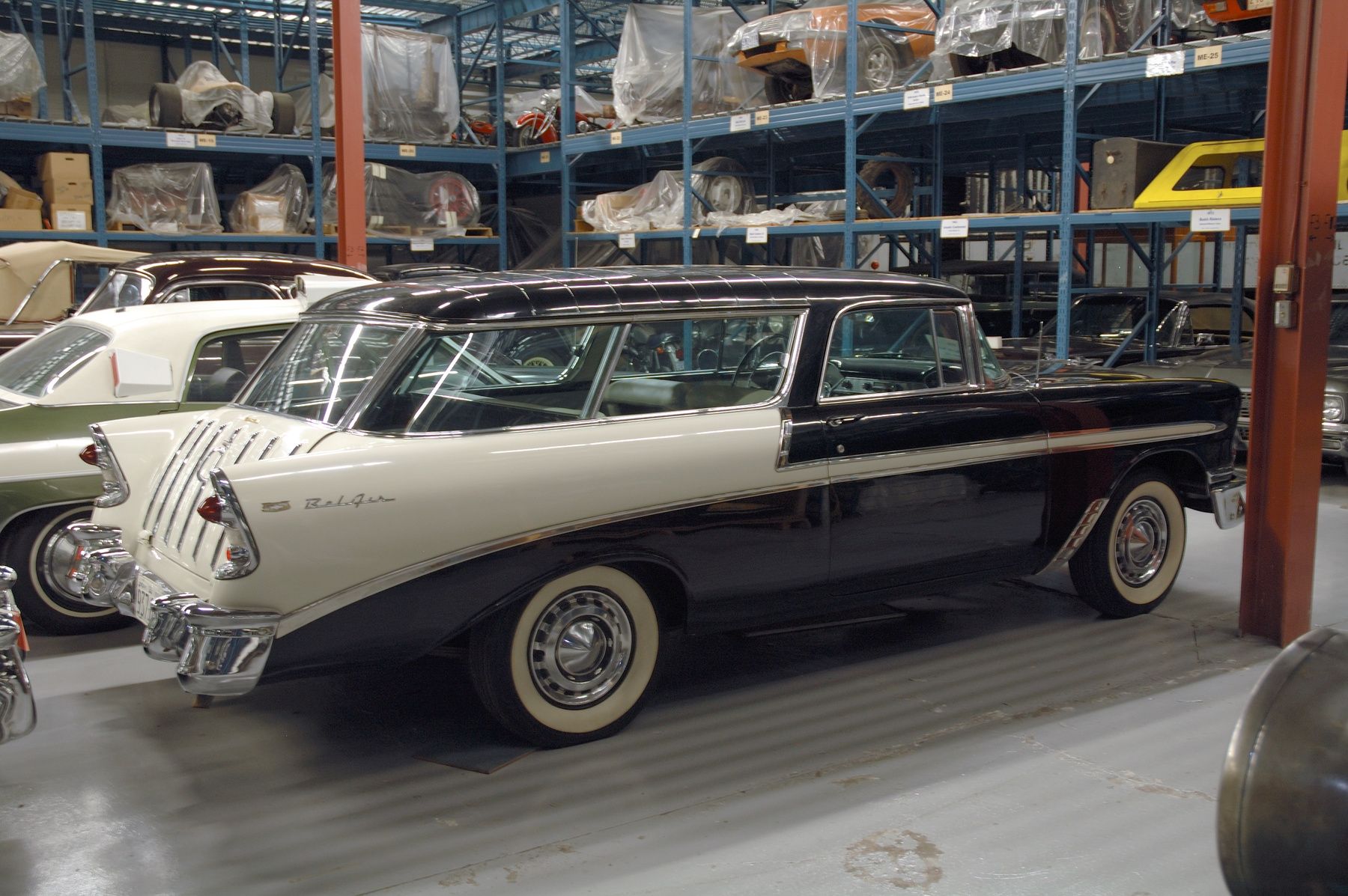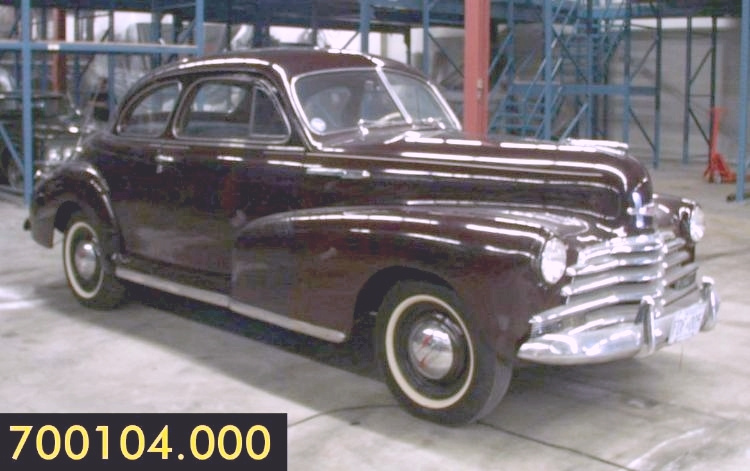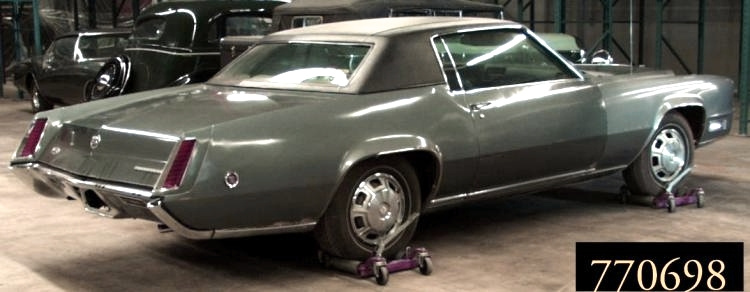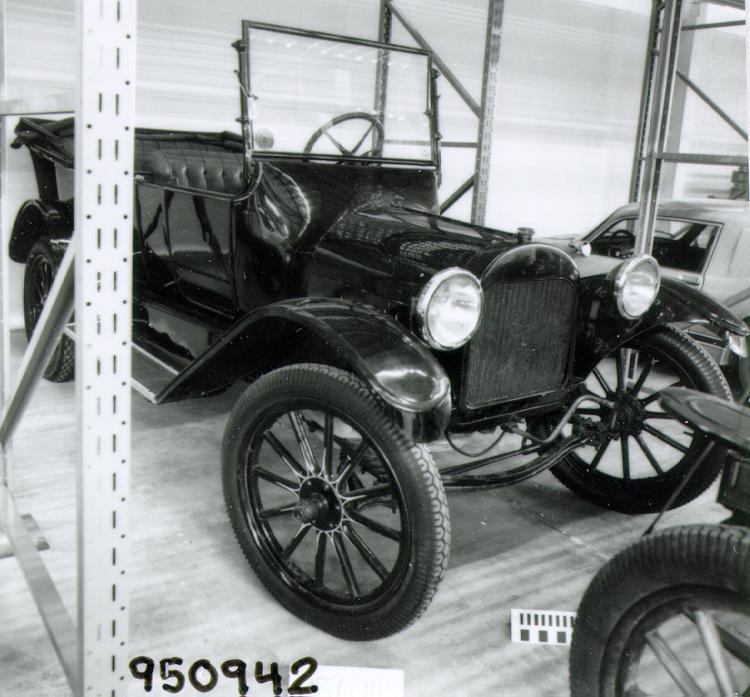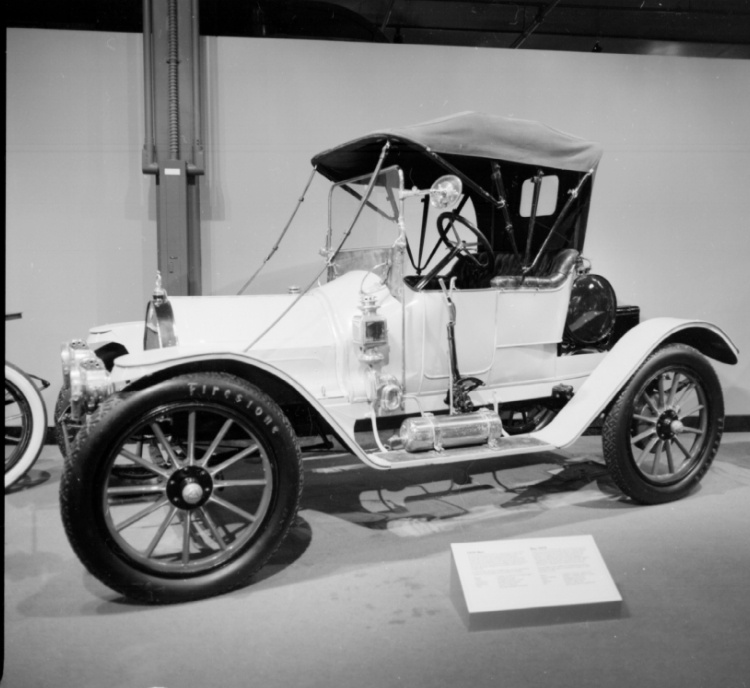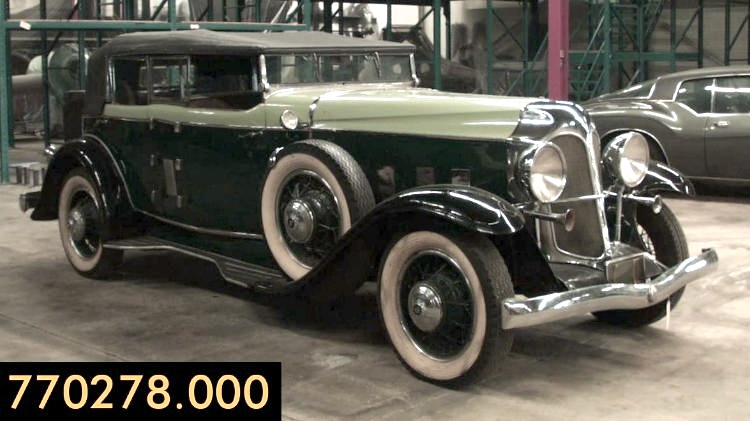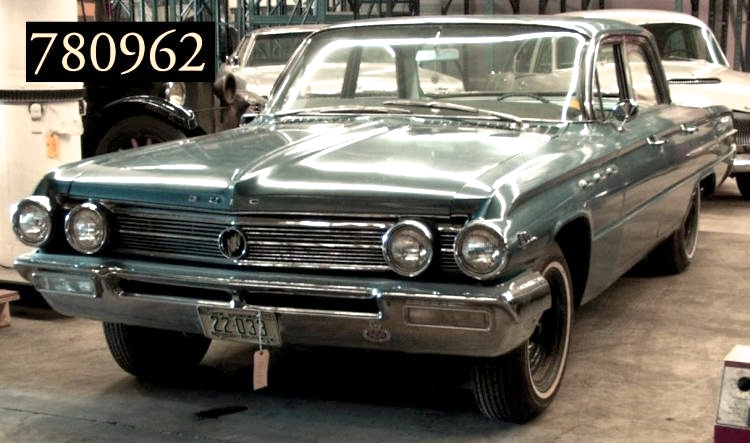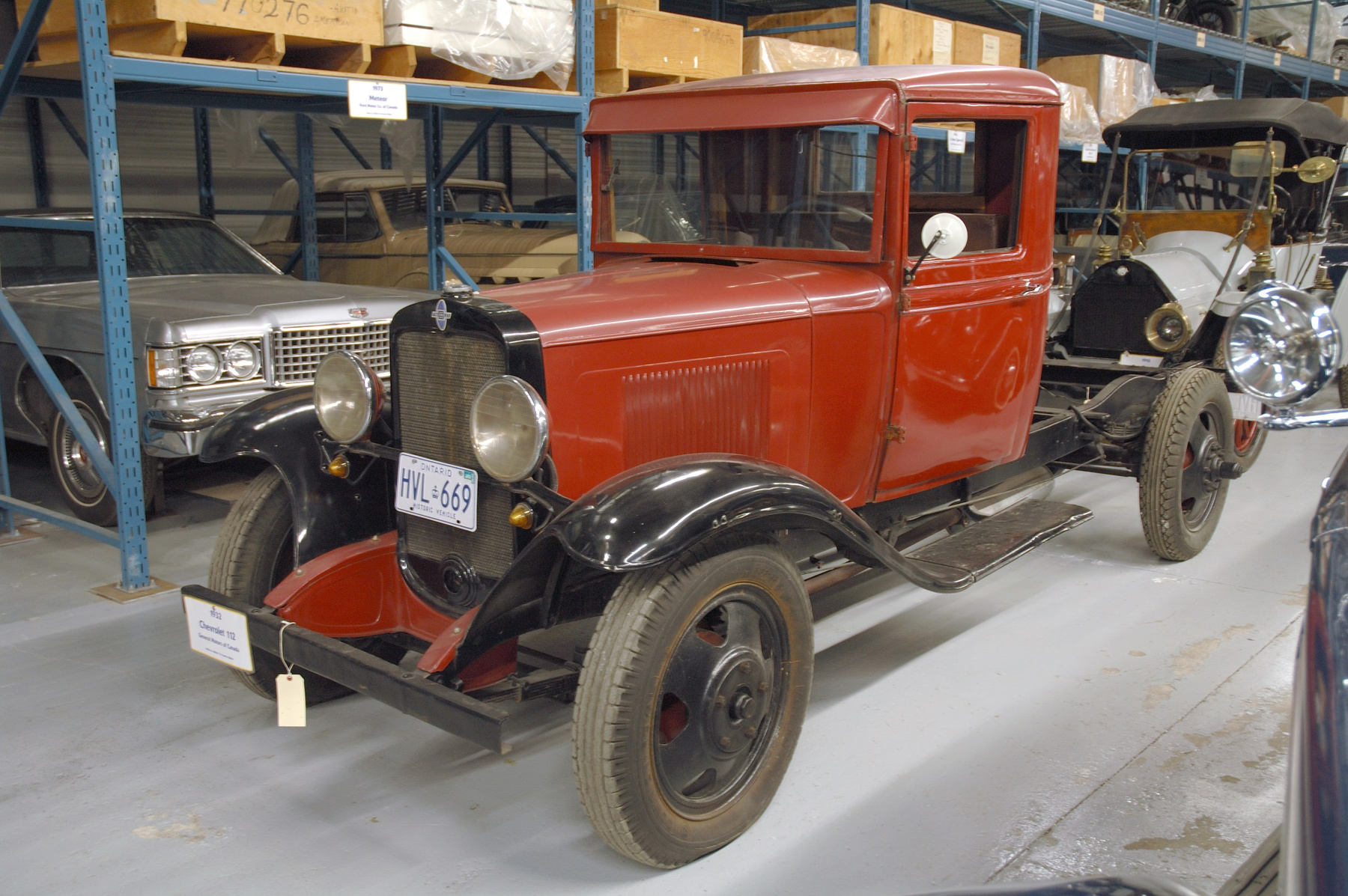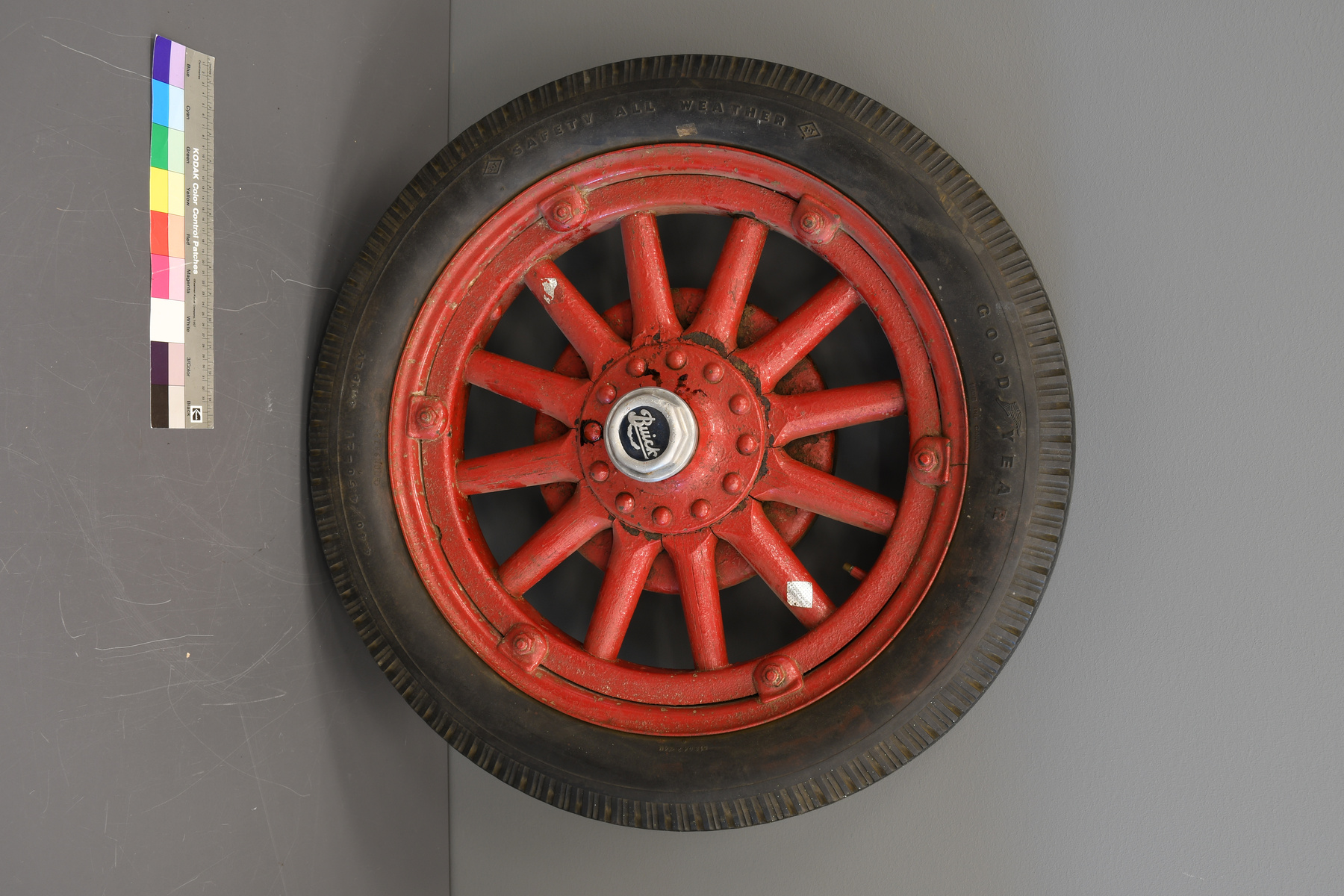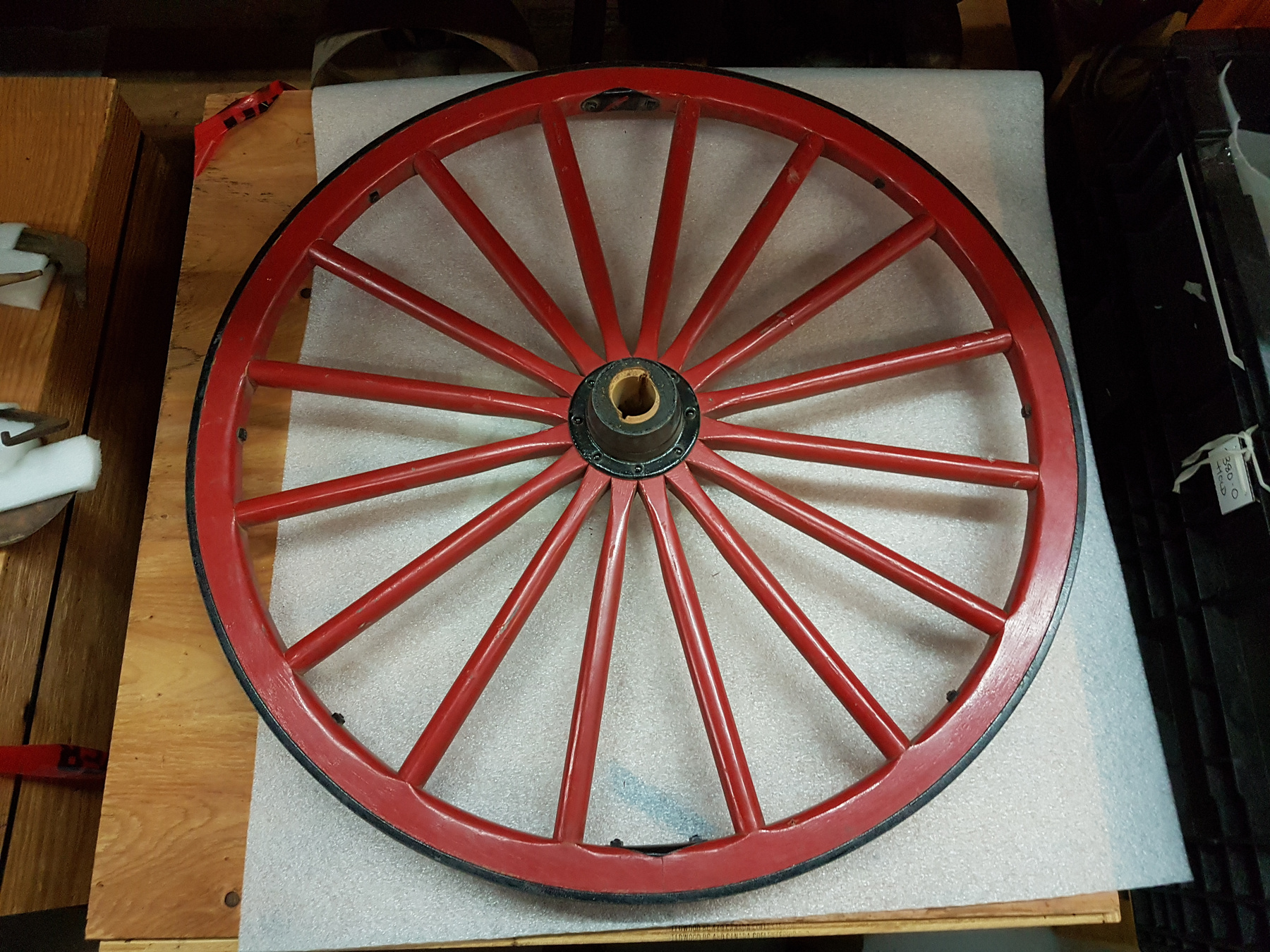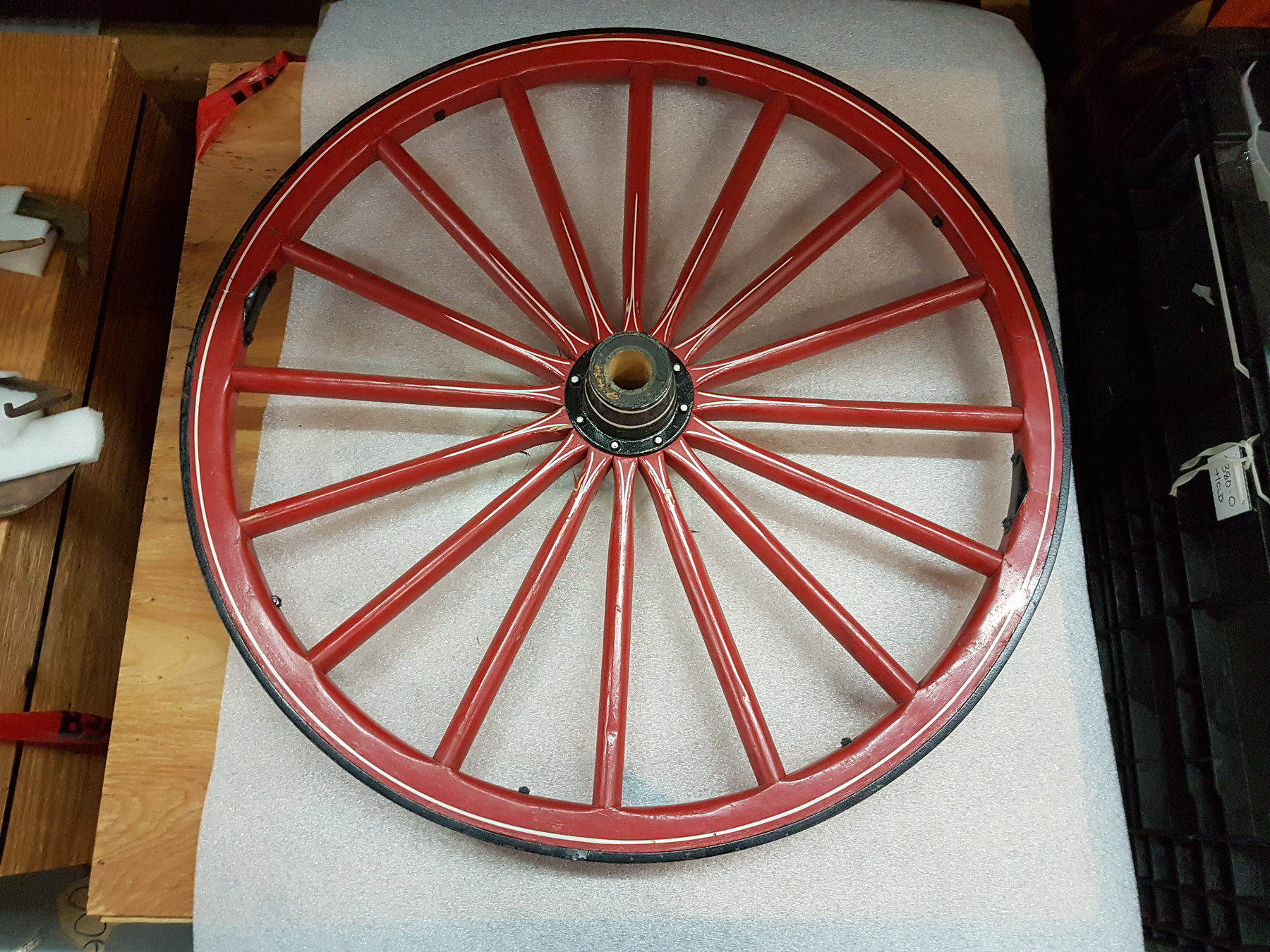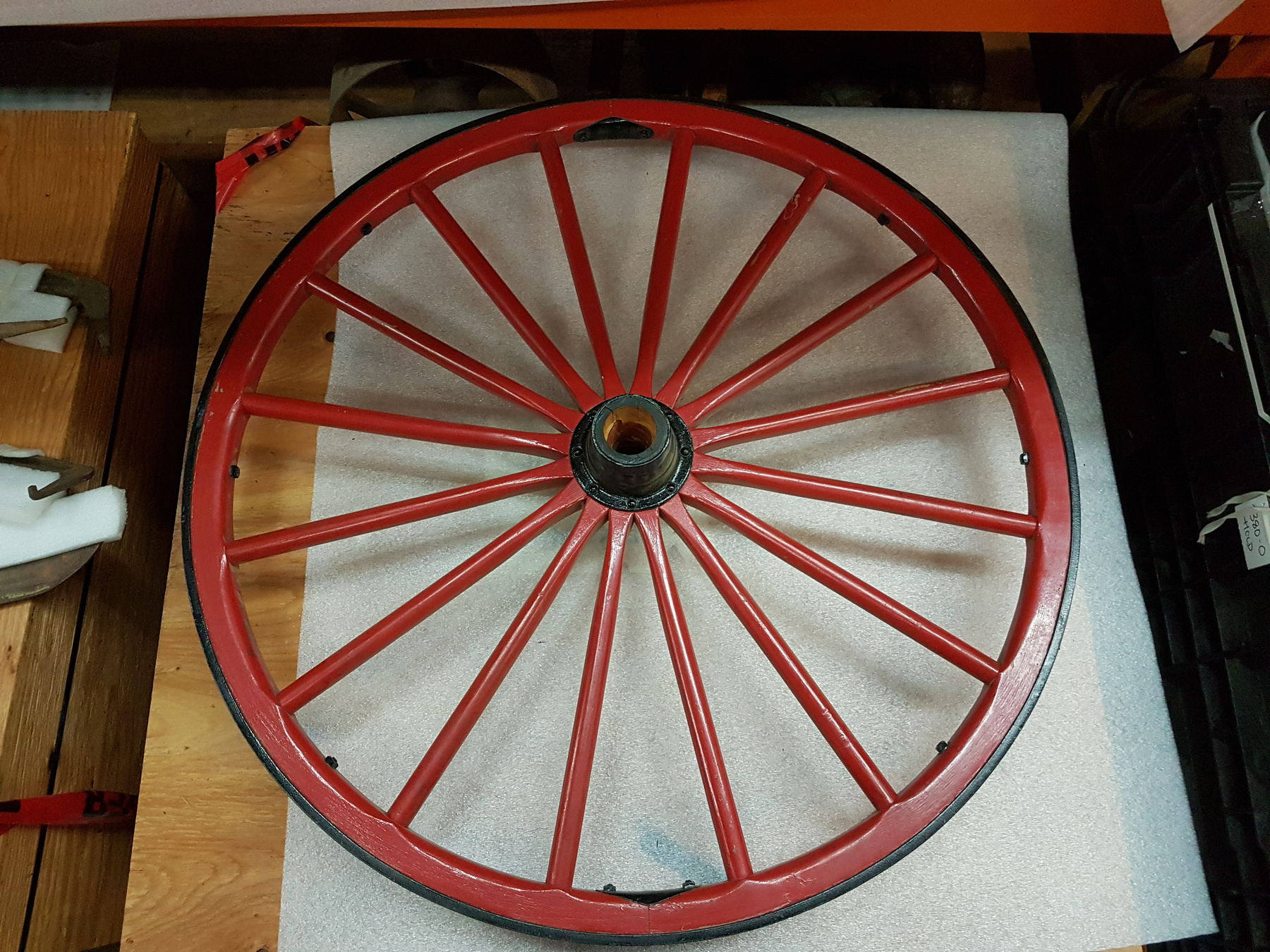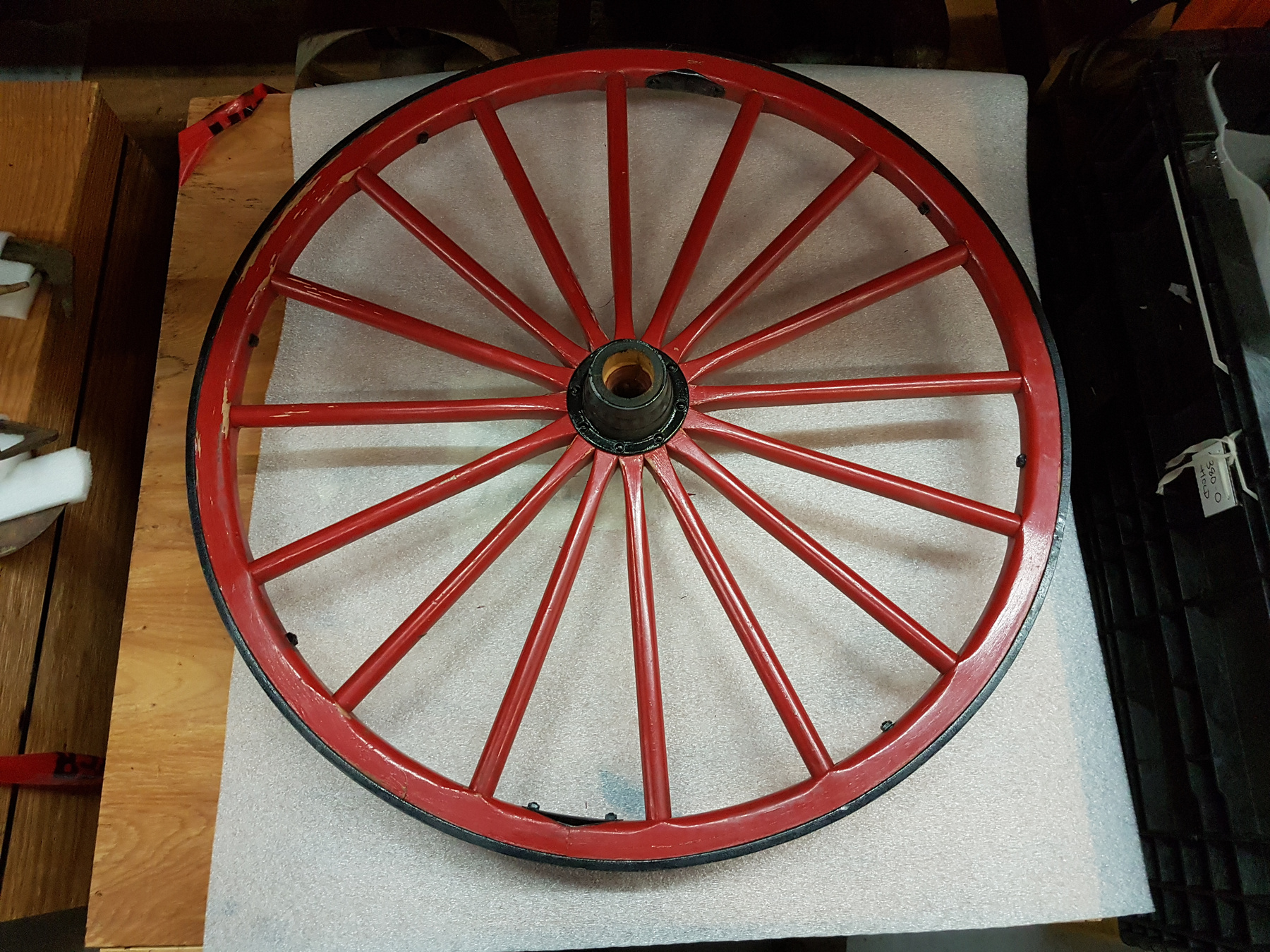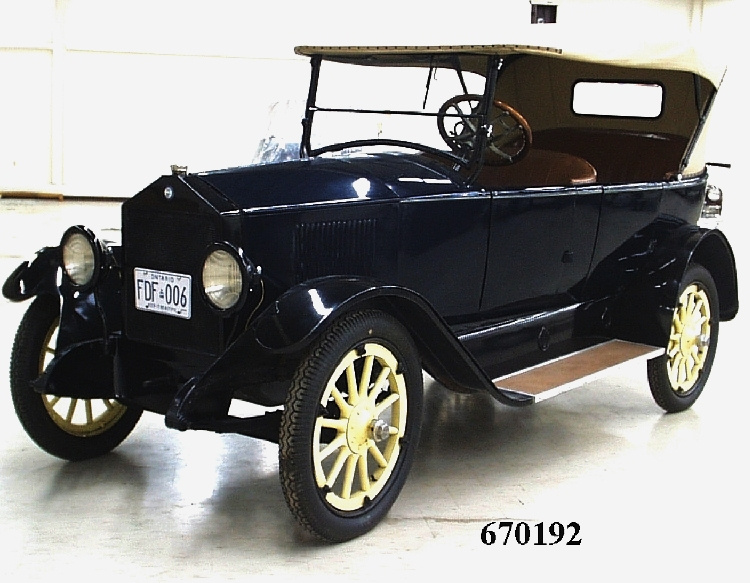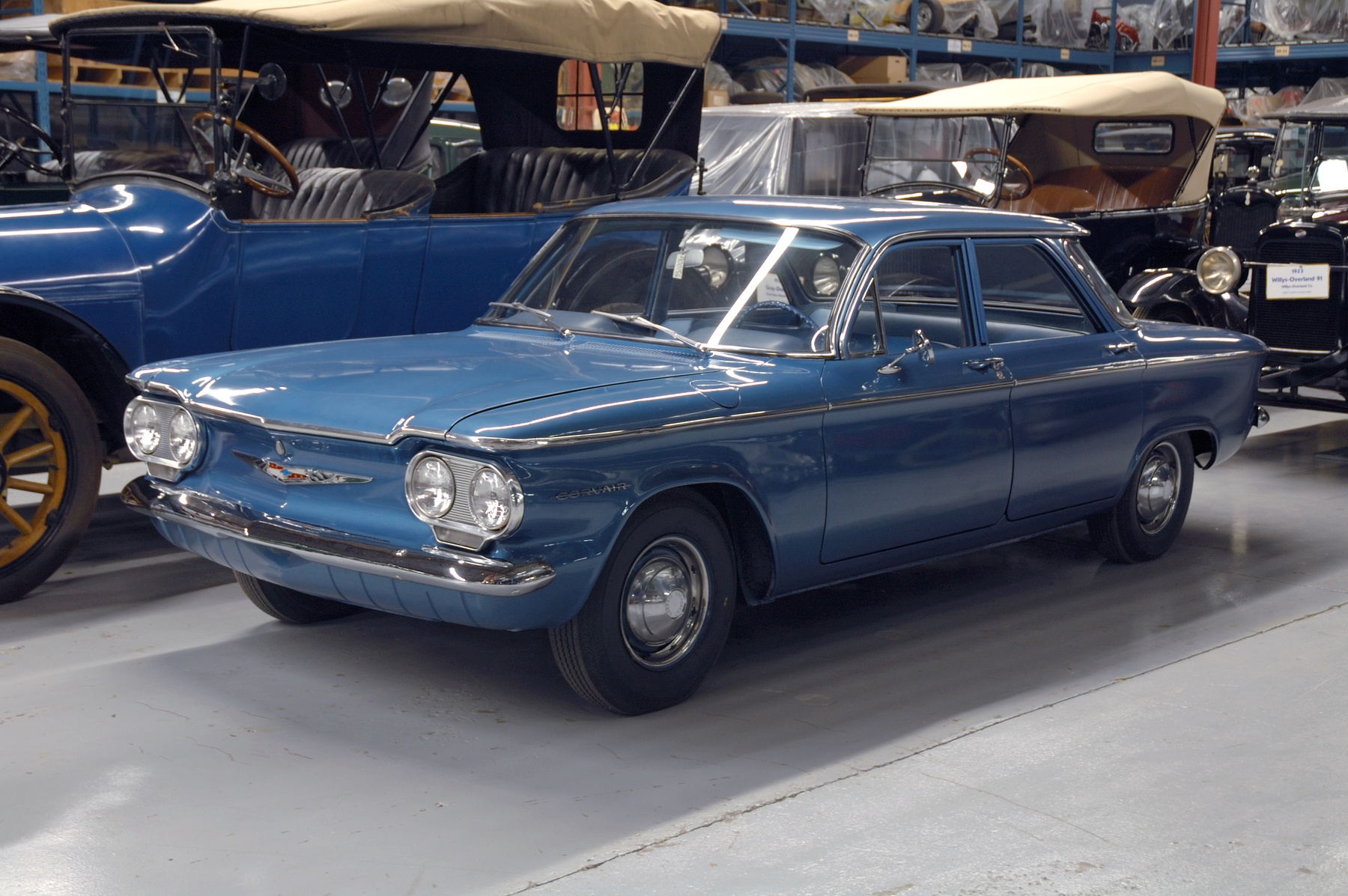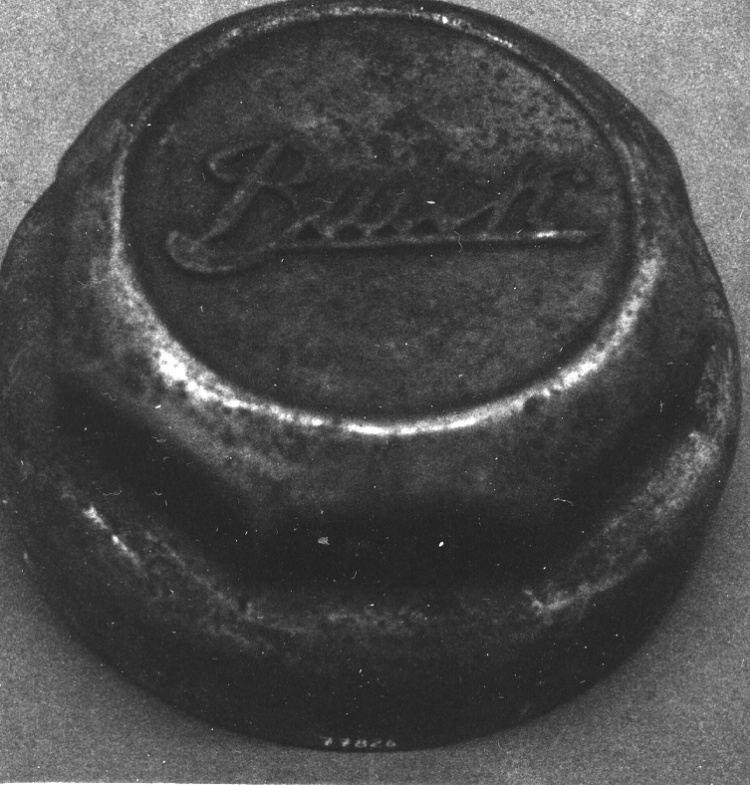Cap, hub
Use this image
Can I reuse this image without permission? Yes
Object images on the Ingenium Collection’s portal have the following Creative Commons license:
Copyright Ingenium / CC BY-NC-ND (Attribution-NonCommercial 4.0 International (CC BY-NC 4.0)
ATTRIBUTE THIS IMAGE
Ingenium,
1977.0826.001
Permalink:
Ingenium is releasing this image under the Creative Commons licensing framework, and encourages downloading and reuse for non-commercial purposes. Please acknowledge Ingenium and cite the artifact number.
DOWNLOAD IMAGEPURCHASE THIS IMAGE
This image is free for non-commercial use.
For commercial use, please consult our Reproduction Fees and contact us to purchase the image.
- OBJECT TYPE
- AXLE COVER
- DATE
- 1904
- ARTIFACT NUMBER
- 1977.0826.001
- MANUFACTURER
- Buick Motor Car Co.
- MODEL
- BUICK
- LOCATION
- Flint, Michigan, United States of America
More Information
General Information
- Serial #
- N/A
- Part Number
- 1
- Total Parts
- 1
- AKA
- N/A
- Patents
- N/A
- General Description
- Metal
Dimensions
Note: These reflect the general size for storage and are not necessarily representative of the object's true dimensions.
- Length
- N/A
- Width
- 8.8 cm
- Height
- 4.1 cm
- Thickness
- N/A
- Weight
- N/A
- Diameter
- N/A
- Volume
- N/A
Lexicon
- Group
- Motorized Ground Transportation
- Category
- Automotive parts
- Sub-Category
- N/A
Manufacturer
- AKA
- Buick
- Country
- United States of America
- State/Province
- Michigan
- City
- Flint
Context
- Country
- Unknown
- State/Province
- Unknown
- Period
- Unknown
- Canada
-
The name Buick is important in Canada because it was associated with the brand name McLaughlin, an important horse-drawn vehicles manufacturer, first ventured into car manufacturing with an agreement with Buick to buy their motors and build the rest of the Buick cars in Canada. In 1918, this company became General Motors of Canada. Wheel covers are collectors’ items. They are part of the car culture - Function
-
Cover put on automobile wheels to enhance its aesthetic appearance or aero dynamism and to protect the wheel bolts from mud and dust. - Technical
-
On May 19, 1903, the Buick Motor Car Company was formed in Detroit, Michigan as a result of a loan agreement between David Buick and his investors, Ben and Frank Briscoe. The loan allowed Buick to develop his prototype automobile. Buick was unable to repay his debt and the company was sold to James Whiting, an executive of the Flint Wagon Works, thus Buick moved its operations to Flint, Michigan. David Buick completed his prototype and convinced Whiting to manufacture the vehicle ("Buick, David Dunbar"). In 1904, William Durant joined Buick as director and subsequently merged the company with Olds Motor Vehicle Company to form the General Motors Corporation (Grant: 148-153). General Motors (GM) was established in 1892 and today the company is still an important car manufacturer. The company produced a variety of brands, which included Buick, Chevrolet, GMC, Pontiac, Saturn, Cadillac, Hummer, and Saab. The origins of GM began with the founding of the Olds Motor Vehicle Company by R.E. Olds in 1892 (Grant: 148-153). The company merged with the Olds Gasoline Engine Works to become Olds Motor Works in 1899, which produced the first Oldsmobile (Walkinshaw, "Olds, Ransom El"”). In 1901, Olds developed the first Oldsmobile and manufactured vehicles at a low cost for the mass market, contributing to the growth of the U.S. automotive industry (National Park Service). In 1903, some of the major manufacturing giants banned together as a result of market instability. William Durant, an executive of the Buick Motor Company formed the General Motors Corporation by merging Oldsmobile and Buick; Cadillac and Oakland (renamed Pontiac) joined in 1909 and Chevrolet followed in 1918. By 1920, GM had acquired the McLaughlin Motor Company of Canada, which would become General Motors of Canada Limited. Today (2011), GM continues to be an important manufacturer of automobiles (Grant: 148-153). Originally, hub caps date back to the horse-drawn era and afterwards to the first automobiles when wheels were made of wooden spokes connected to the center hub. The hub contained the wheel bearing, which was packed with grease. The hub cap was a small device used to cover the center hub to keep the dust out and the grease in. Eventually, car manufacturers replaced the wooden spokes with steel wire spokes in the 1920s and 1930s. As a result the hub cap evolved into a wheel cover, which is a large disc that covers most of the wheel. Wheel covers continue to serve a functional purpose but they have also become a decorative design feature of the wheel. - Area Notes
-
Unknown
Details
- Markings
- Stamped (depressed) disk in center of hubcap containing name 'BUICK' (in script - raised letters) underlined with raised bar.
- Missing
- N/A
- Finish
- Plated (polished) silver surface/ condition: polished surface worn & tarnished
- Decoration
- N/A
CITE THIS OBJECT
If you choose to share our information about this collection object, please cite:
Buick Motor Car Co., Cap, hub, after 1904, Artifact no. 1977.0826, Ingenium – Canada’s Museums of Science and Innovation, http://collections.ingeniumcanada.org/en/id/1977.0826.001/
FEEDBACK
Submit a question or comment about this artifact.
More Like This
